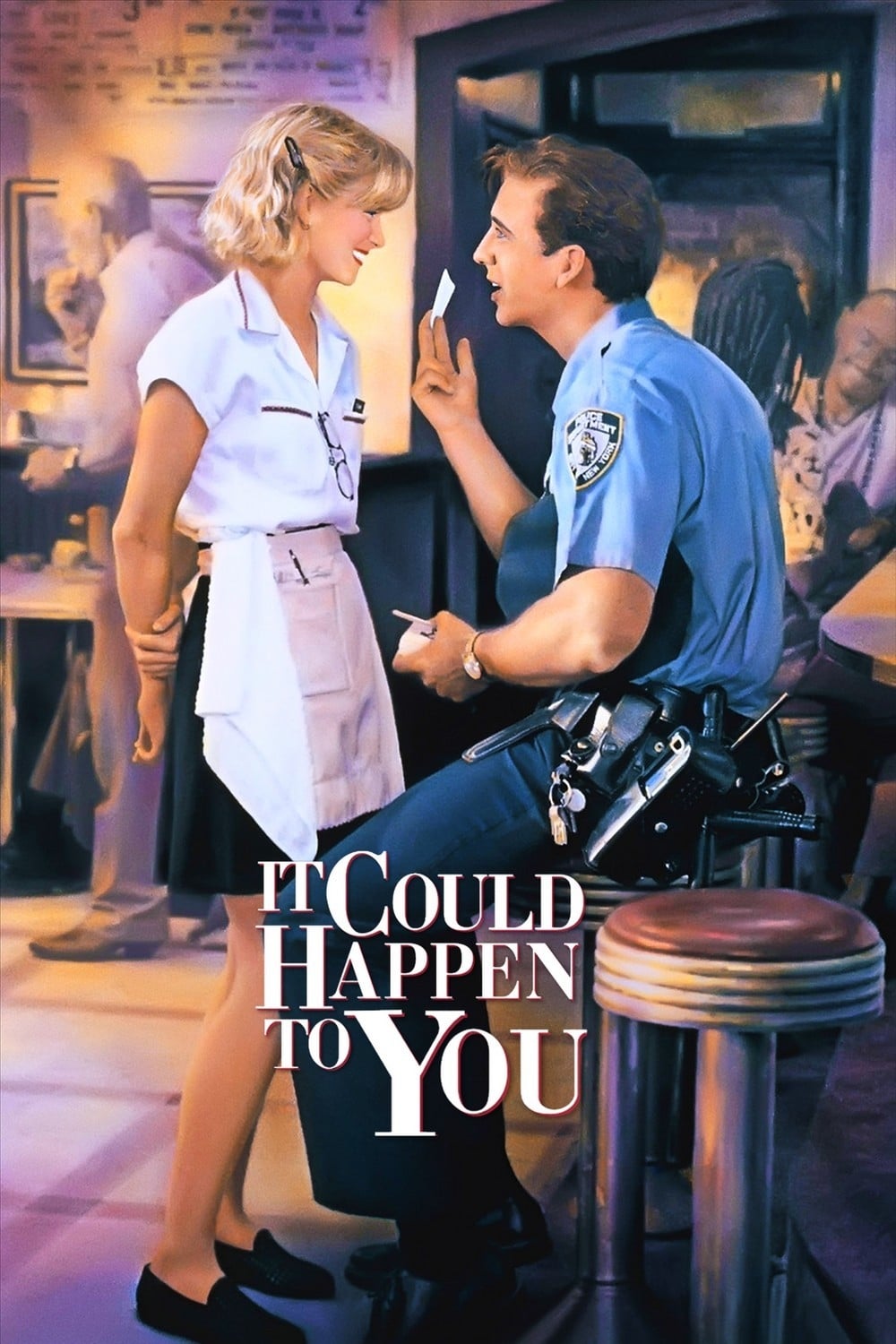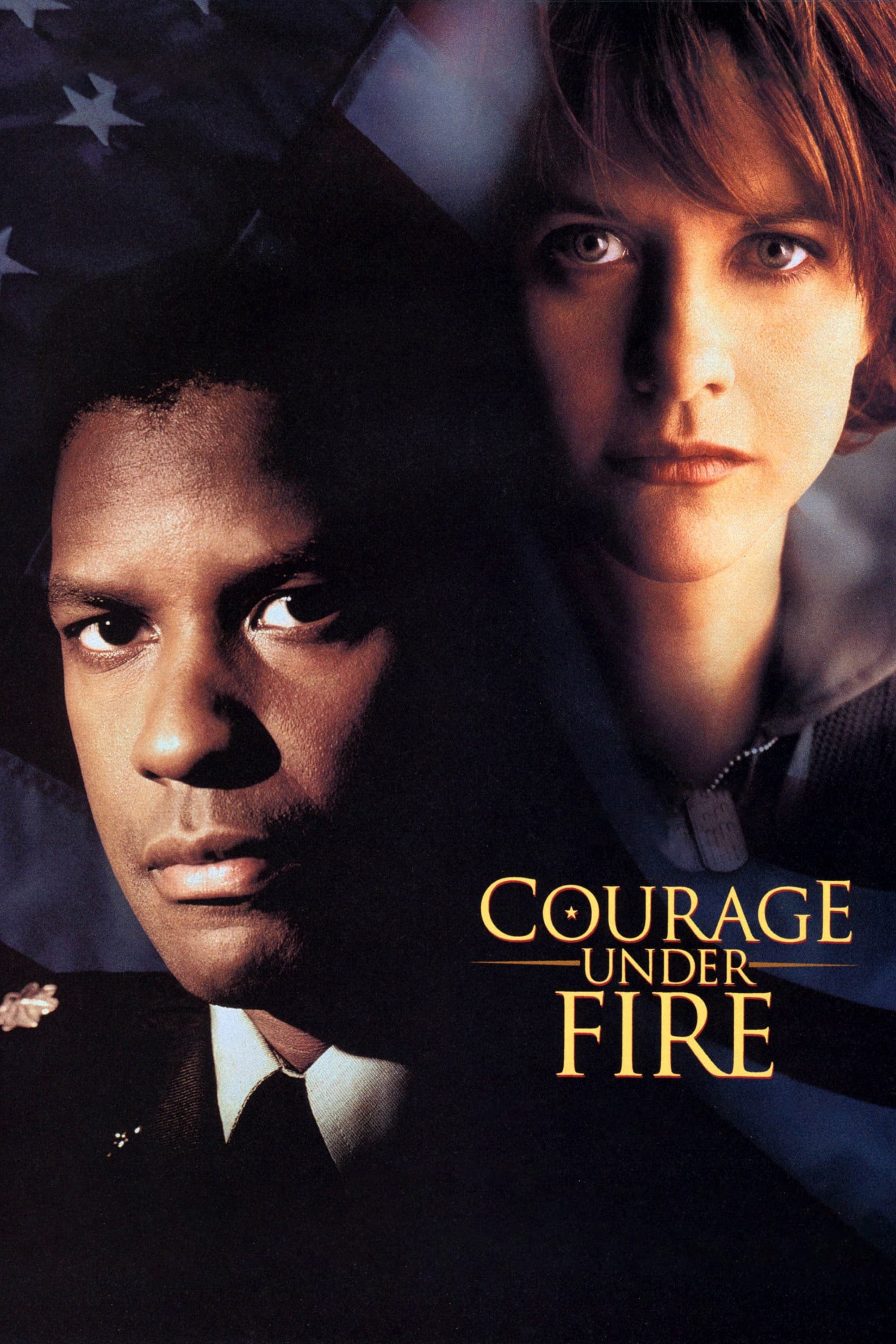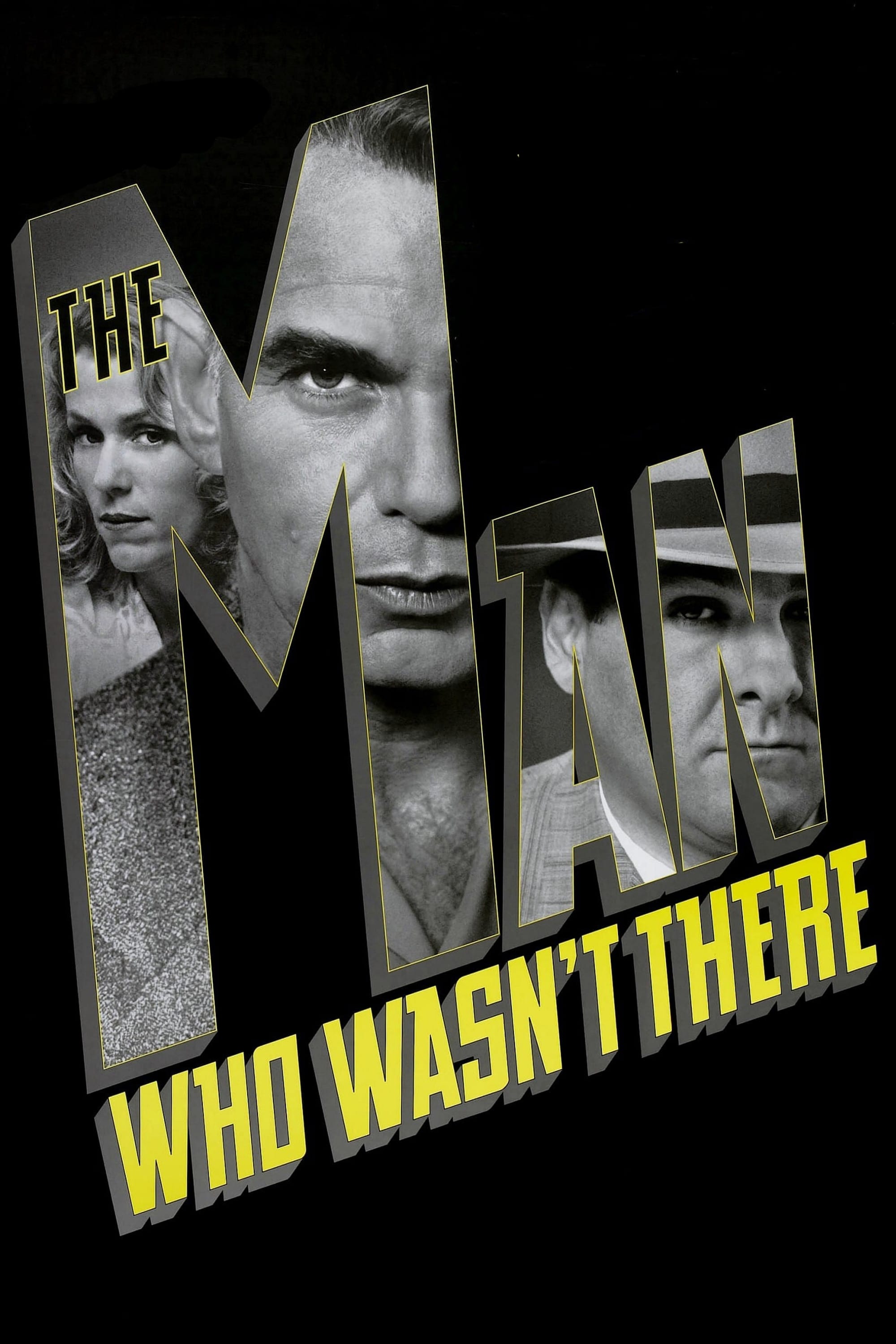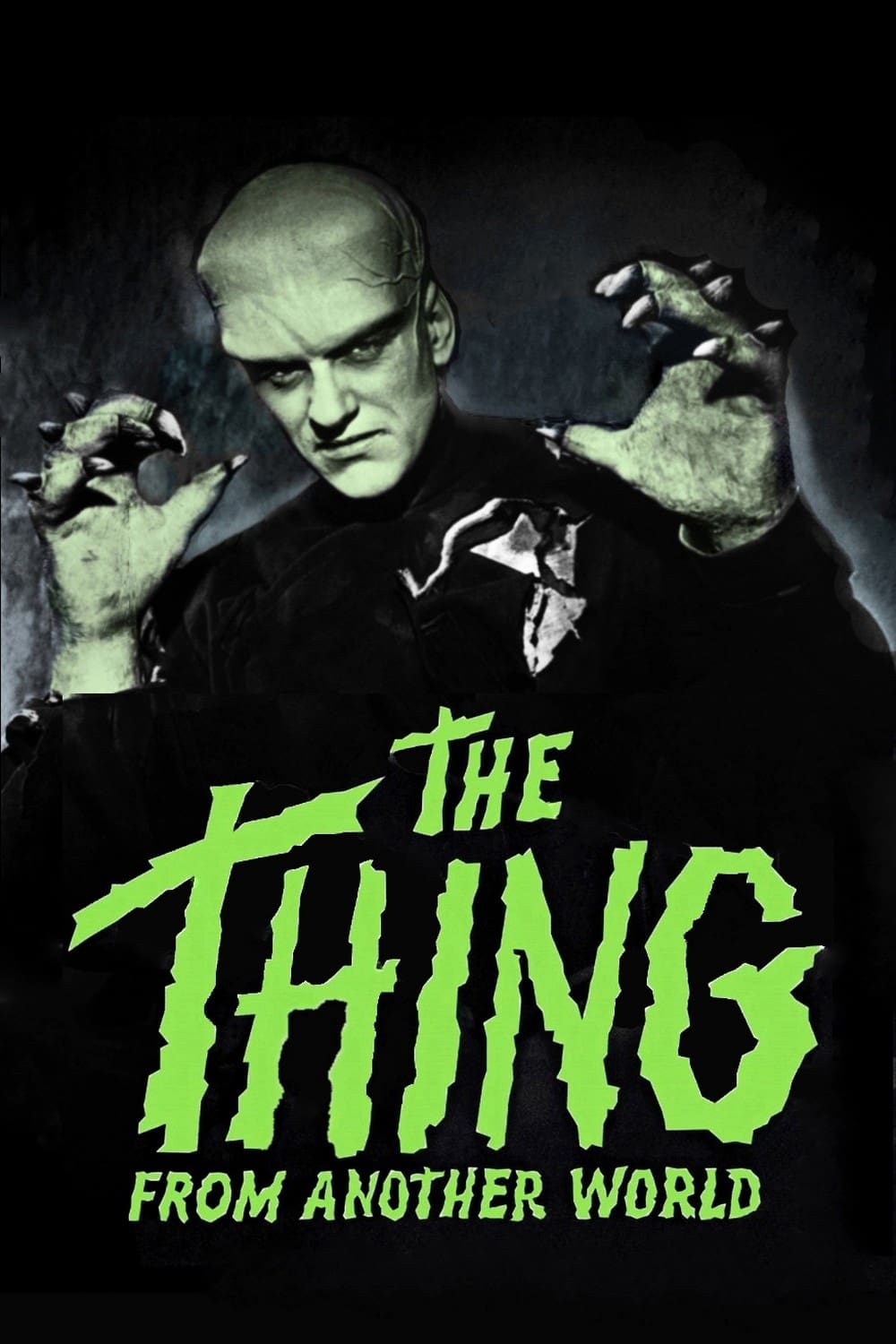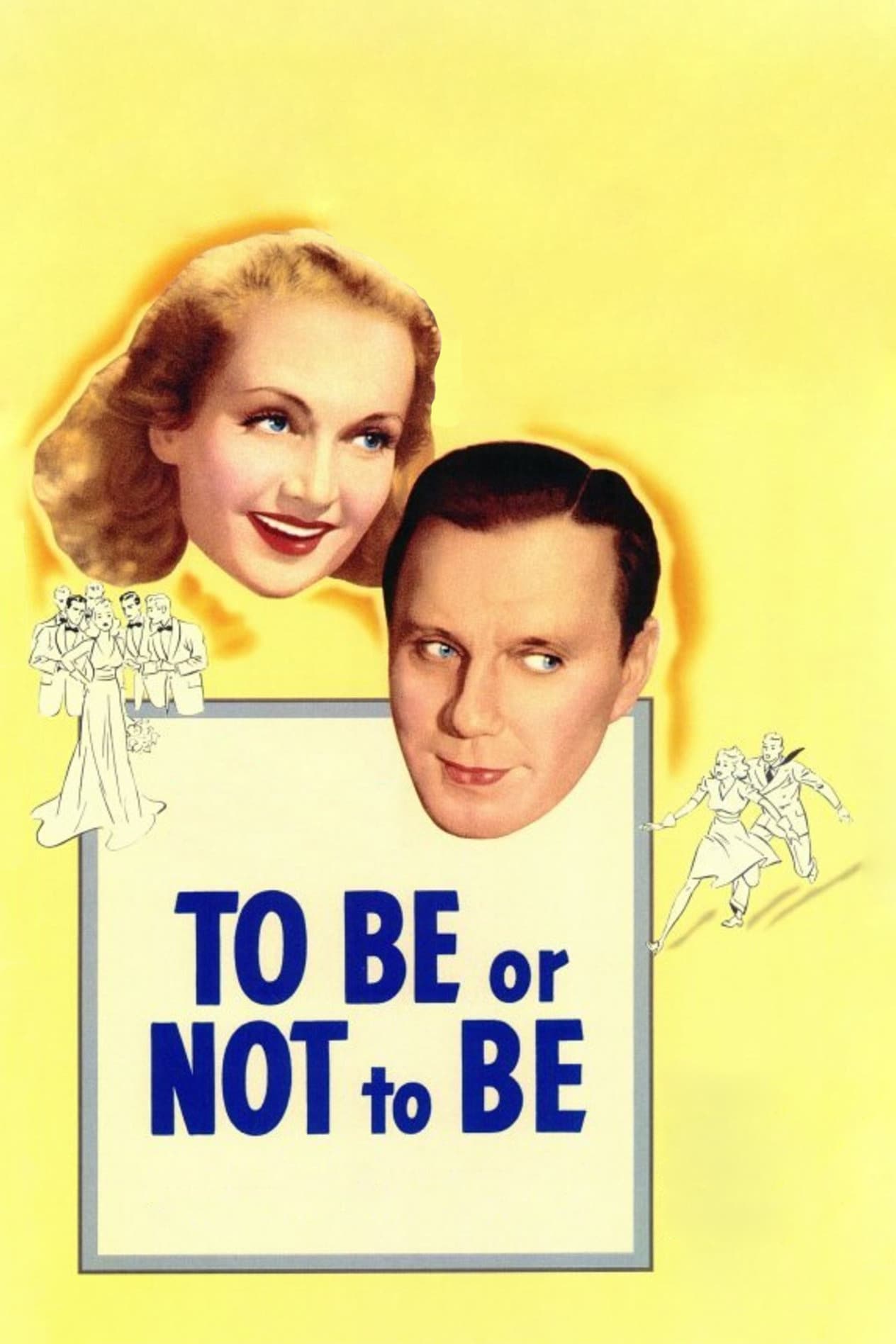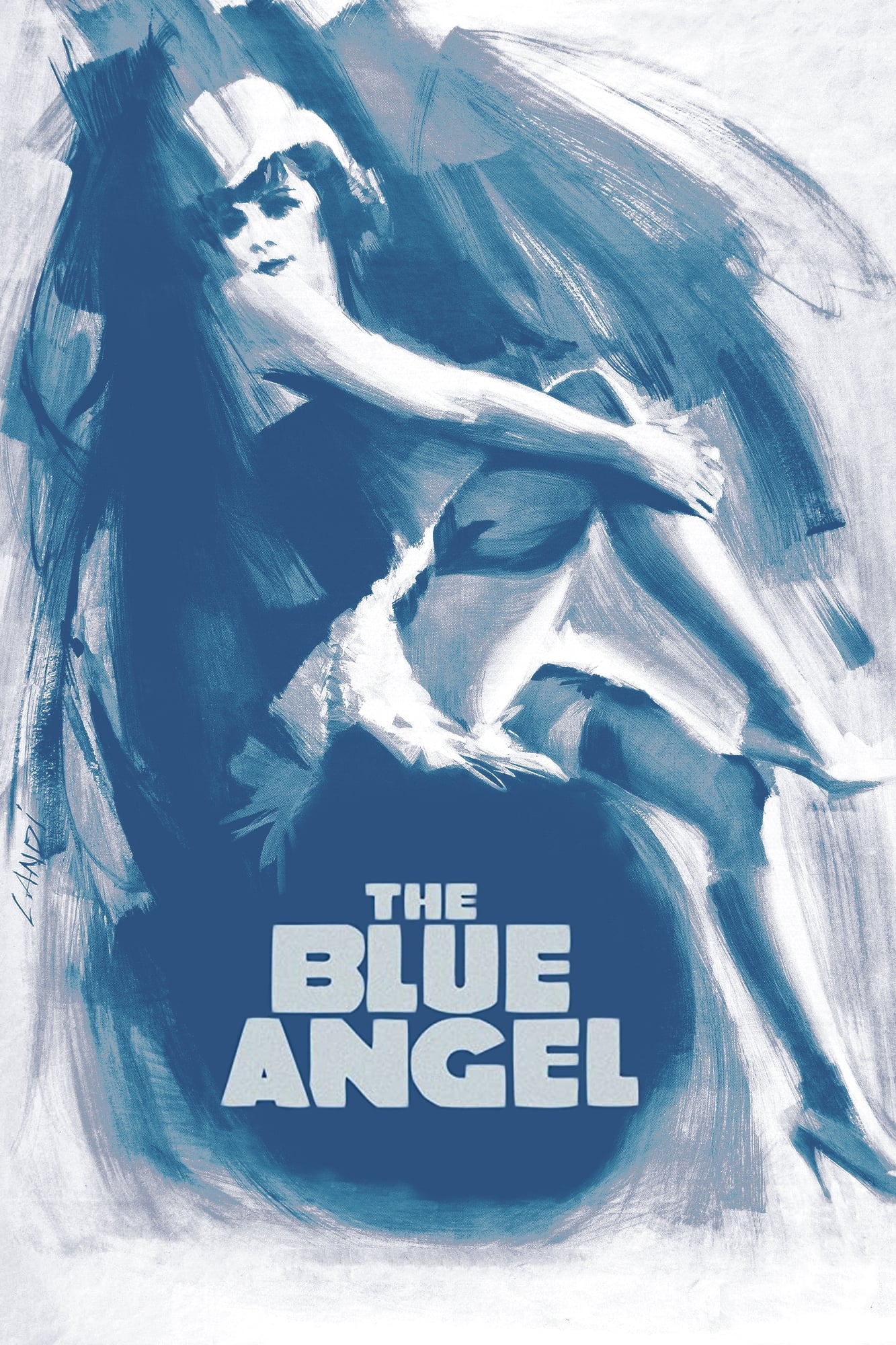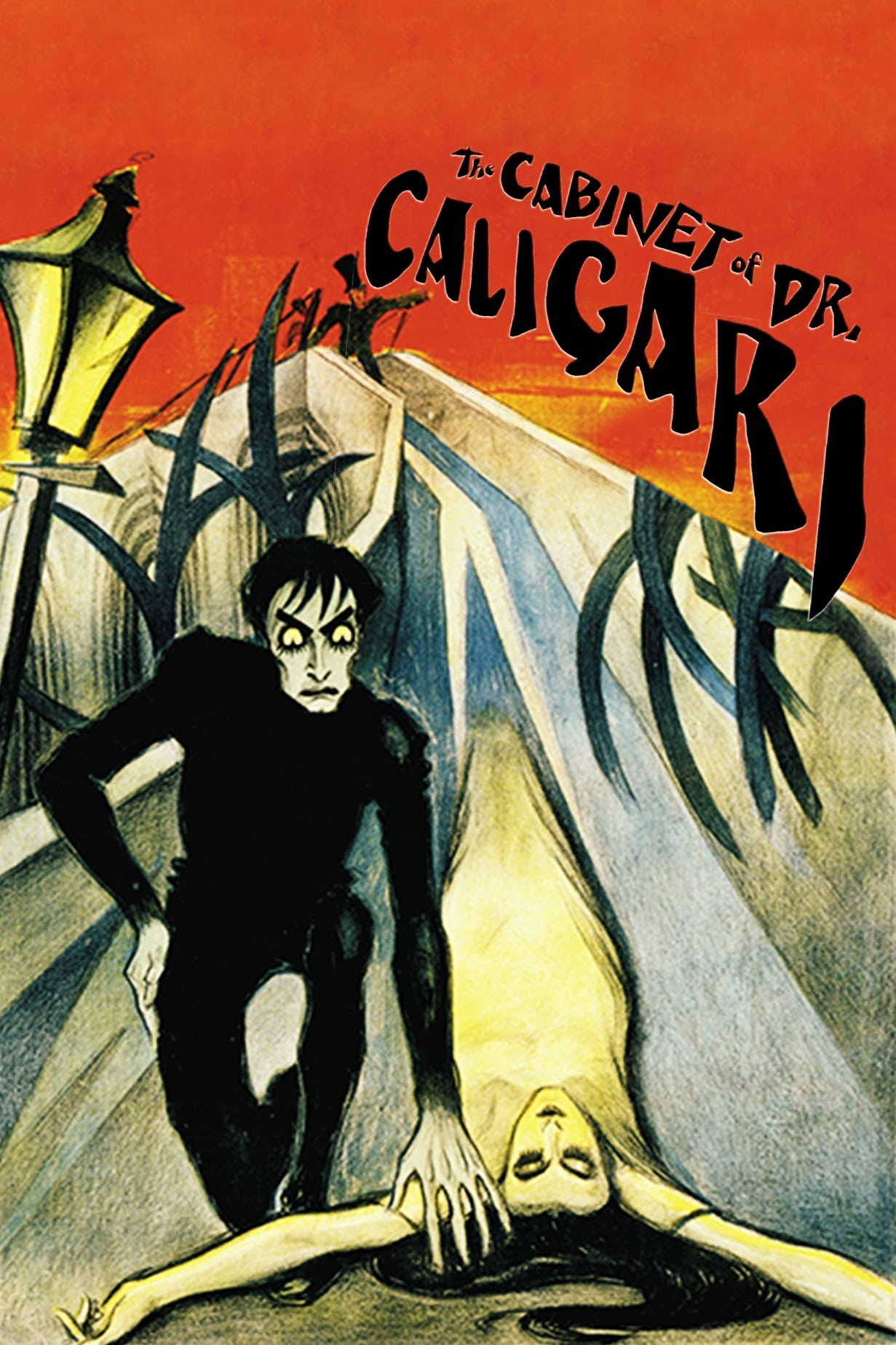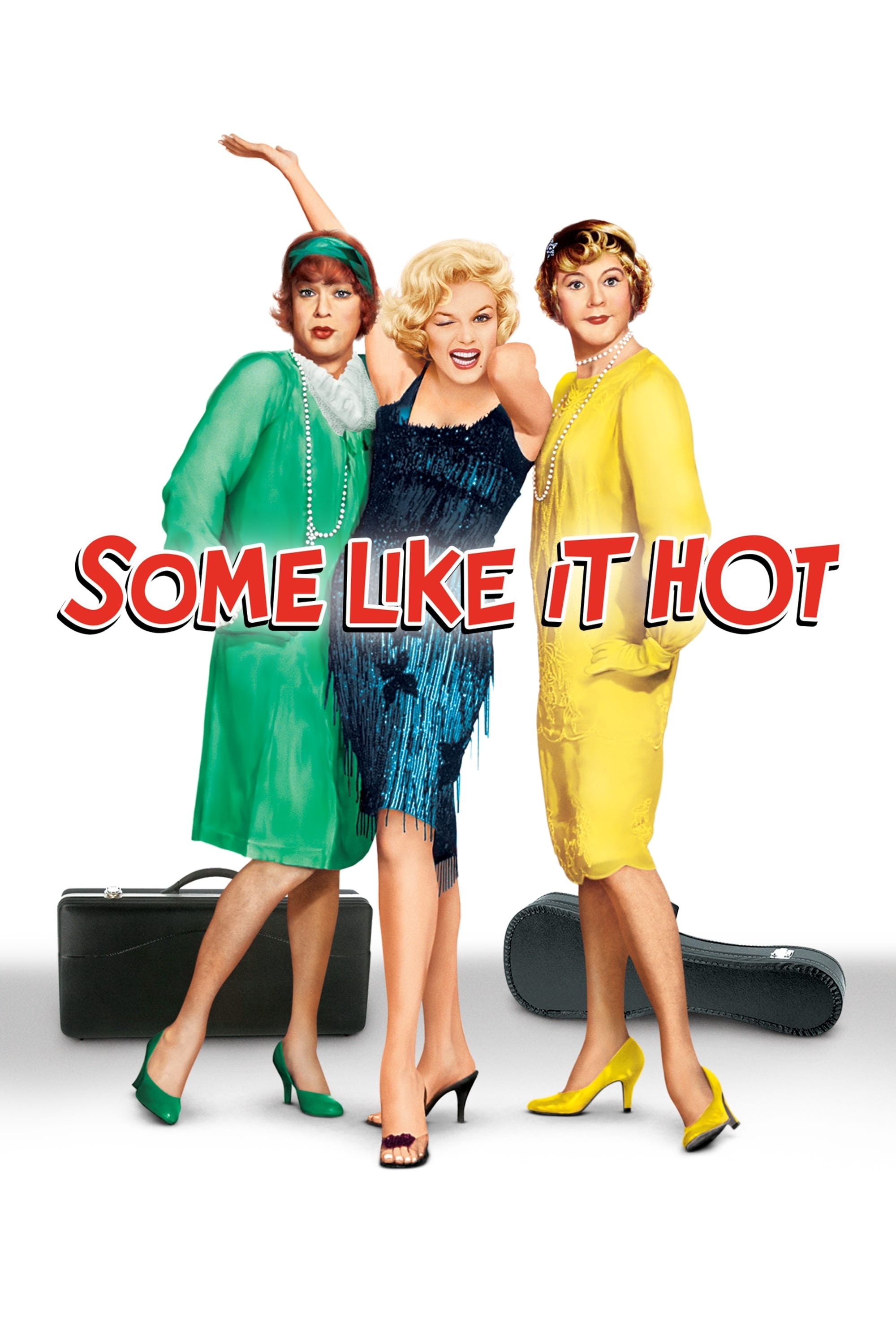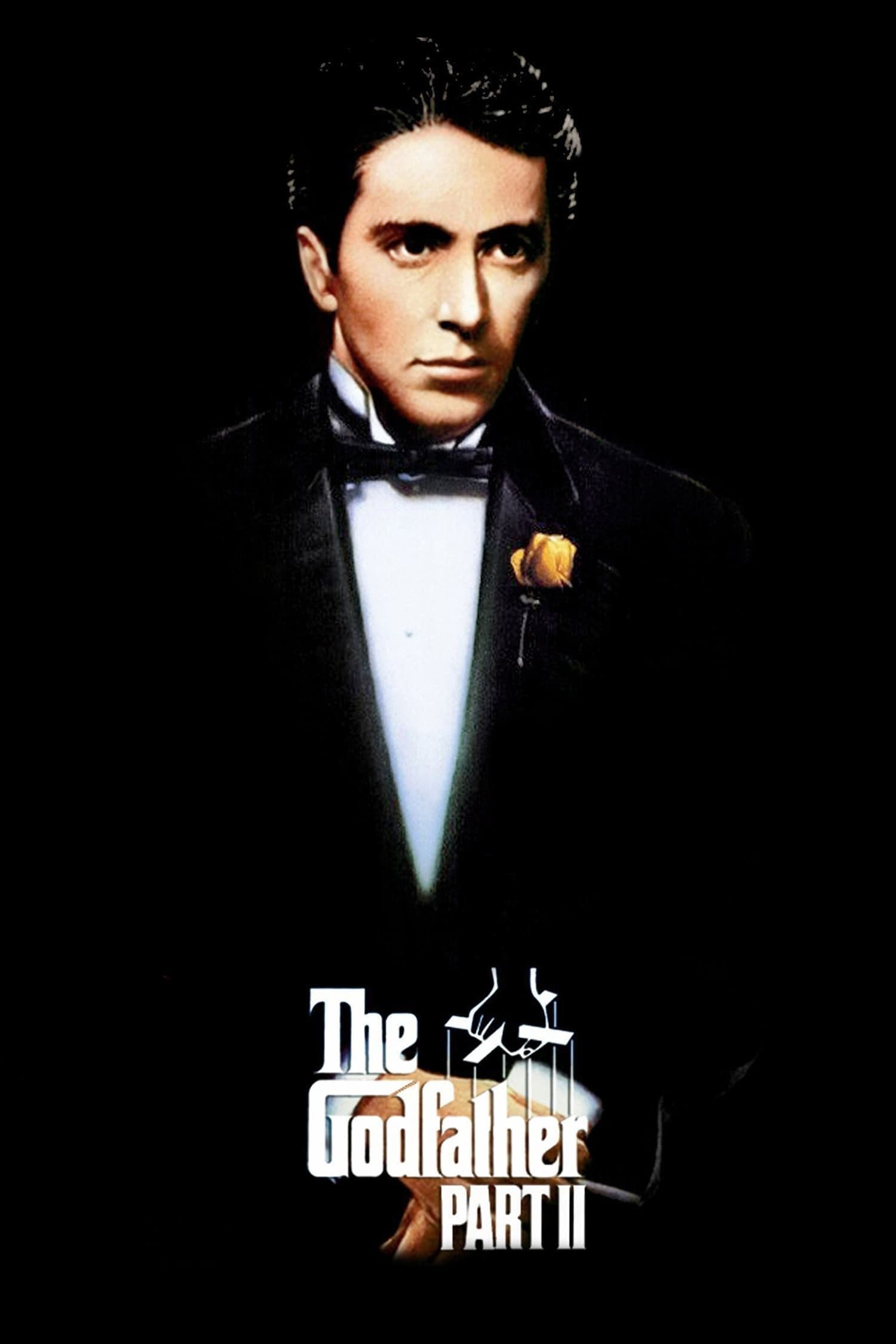Status
Released
original language
English
Budget
$ 2100000
Revenue
$ 23650000
Top Billed Cast
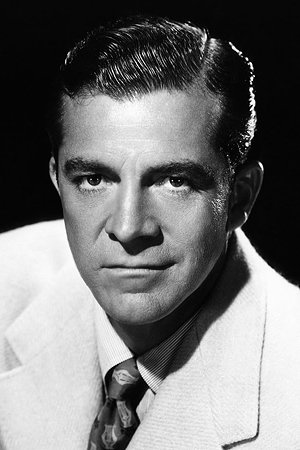
Dana Andrews
Fred Derry

Fredric March
Al Stephenson
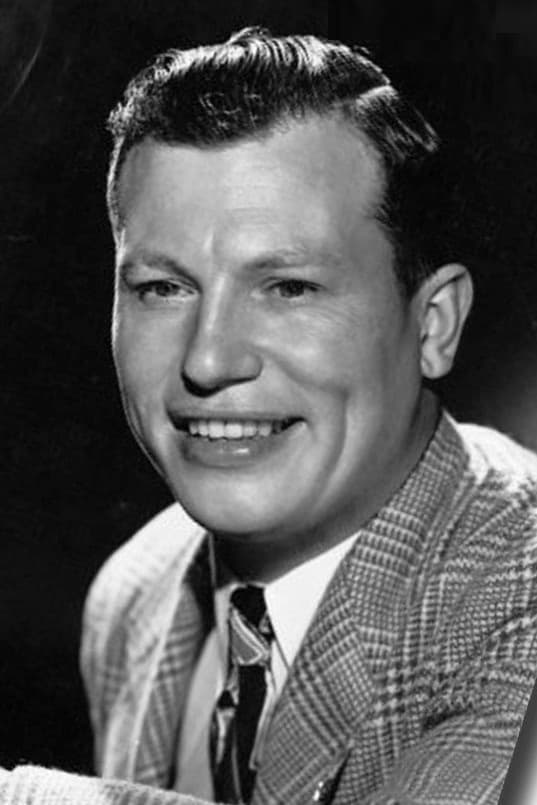
Harold Russell
Homer Parrish

Teresa Wright
Peggy Stephenson
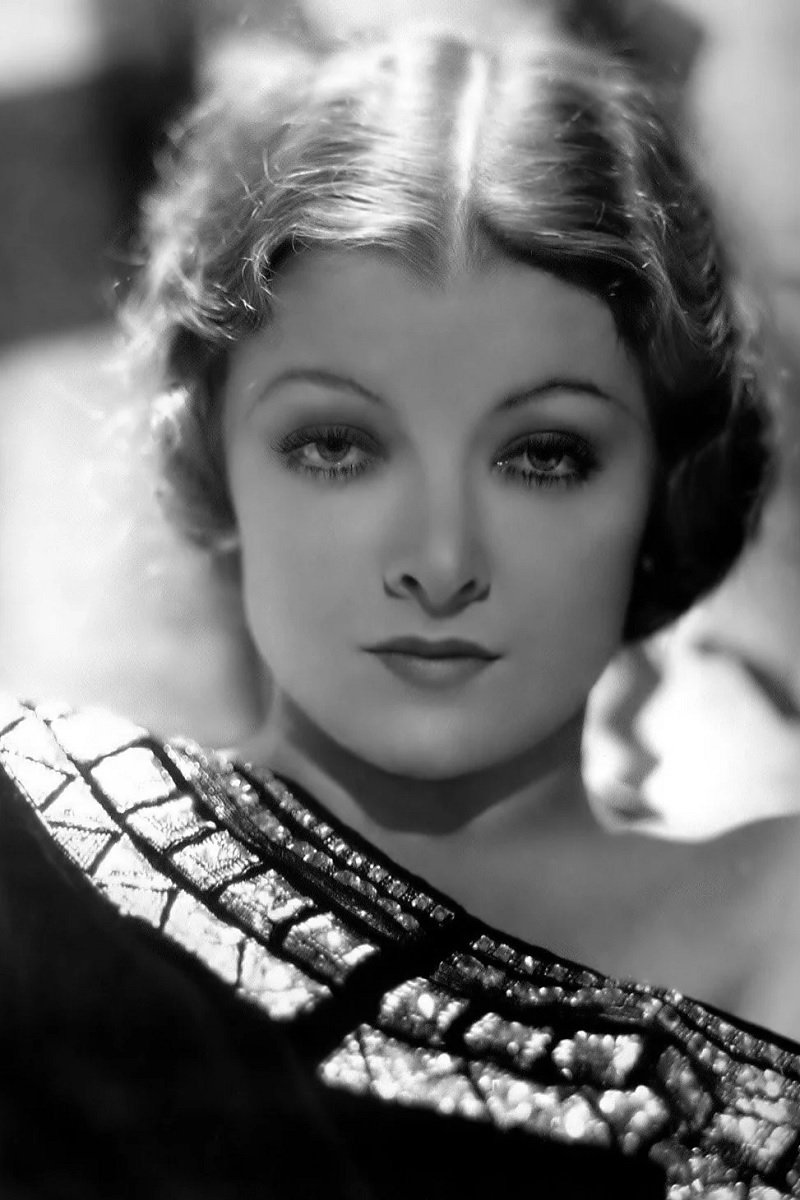
Myrna Loy
Milly Stephenson
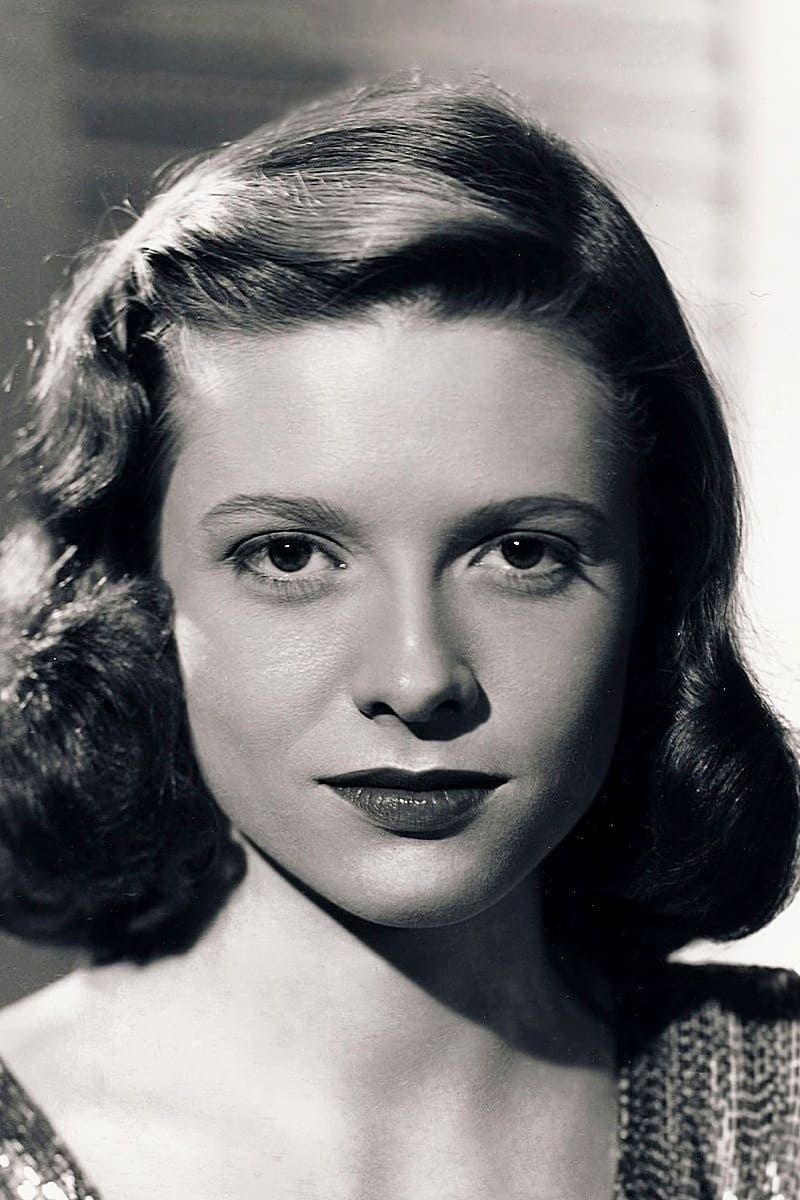
Cathy O'Donnell
Wilma Cameron
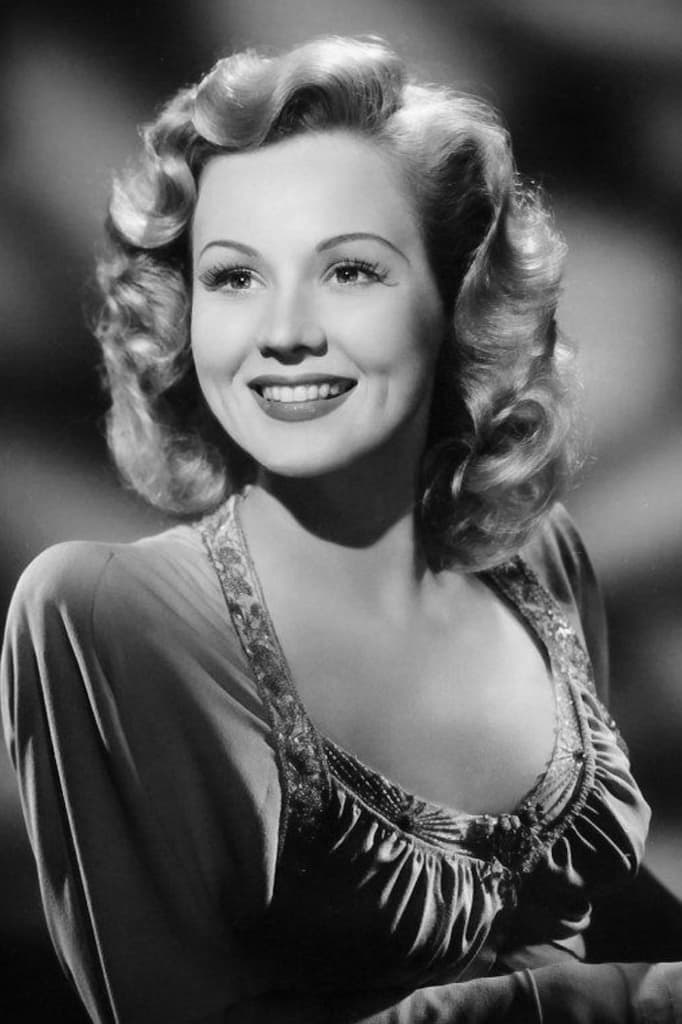
Virginia Mayo
Marie Derry
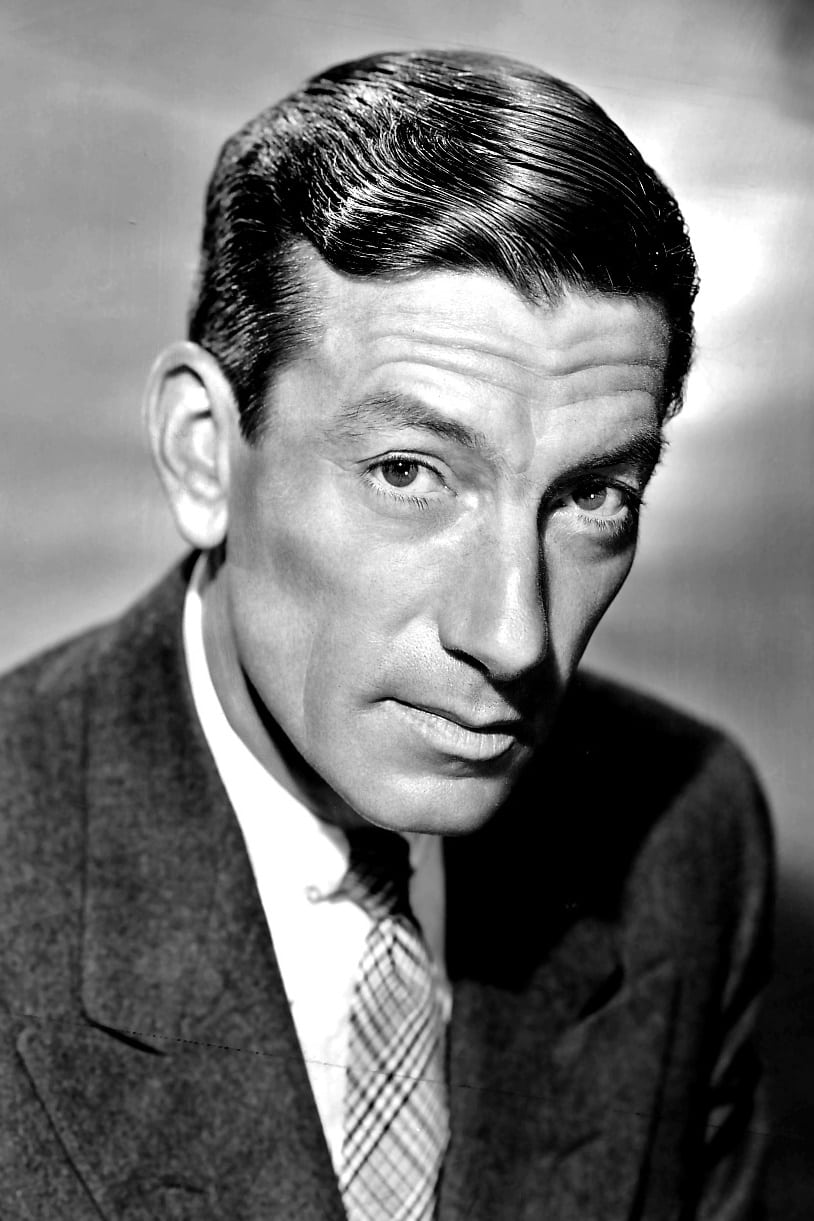
Hoagy Carmichael
Butch Engle
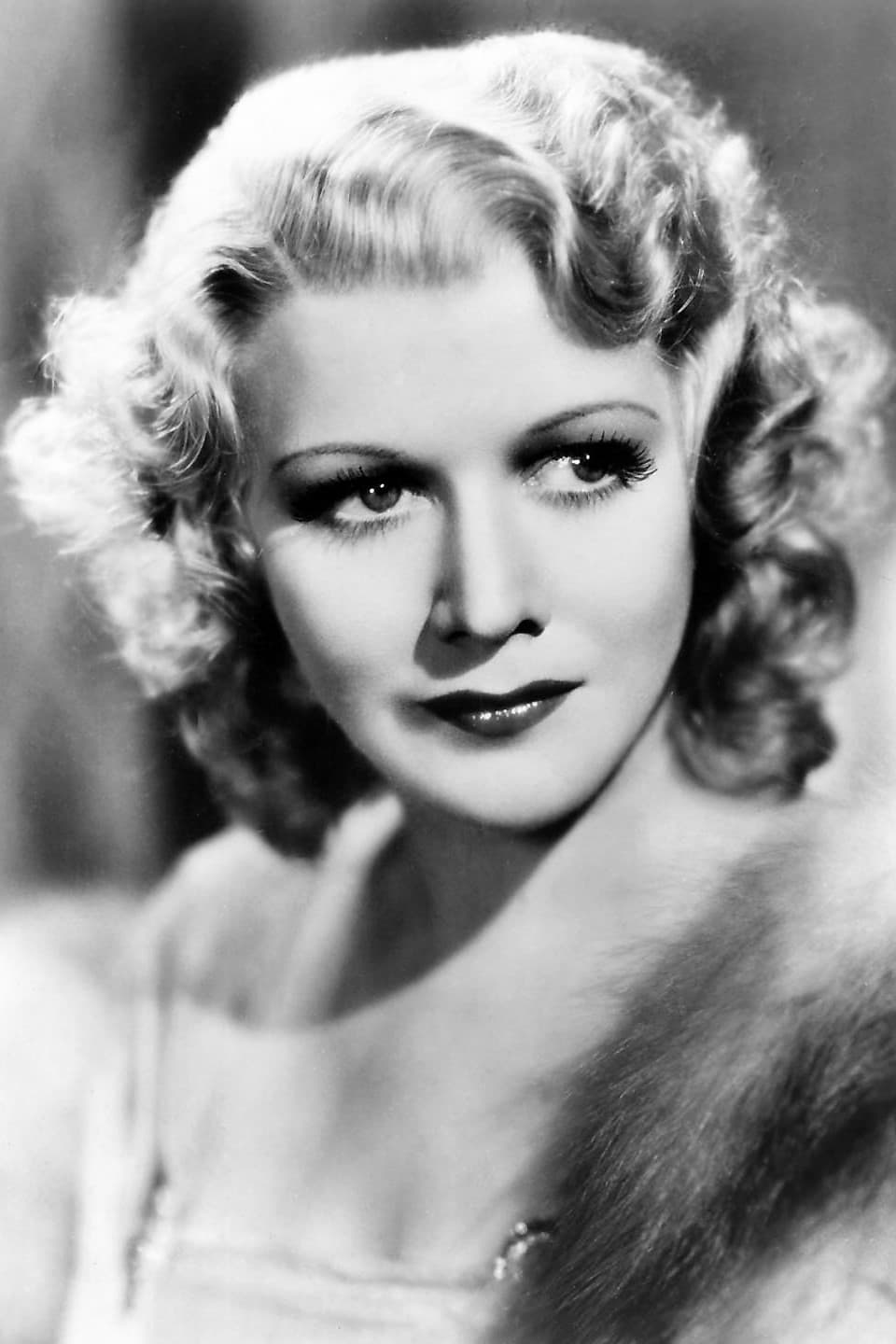
Gladys George
Hortense Derry
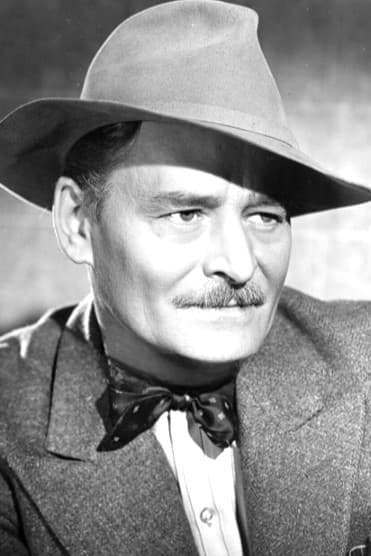
Roman Bohnen
Pat Derry
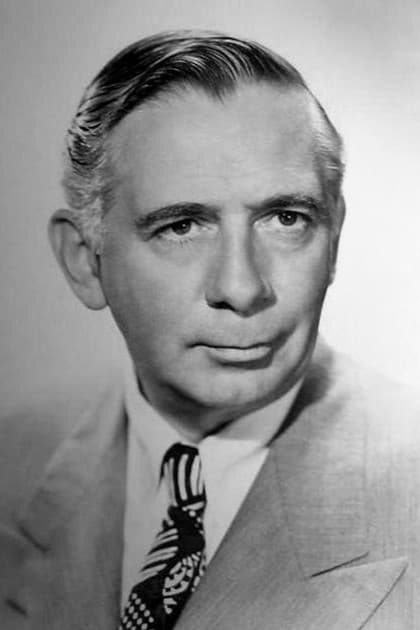
Ray Collins
Mr. Milton
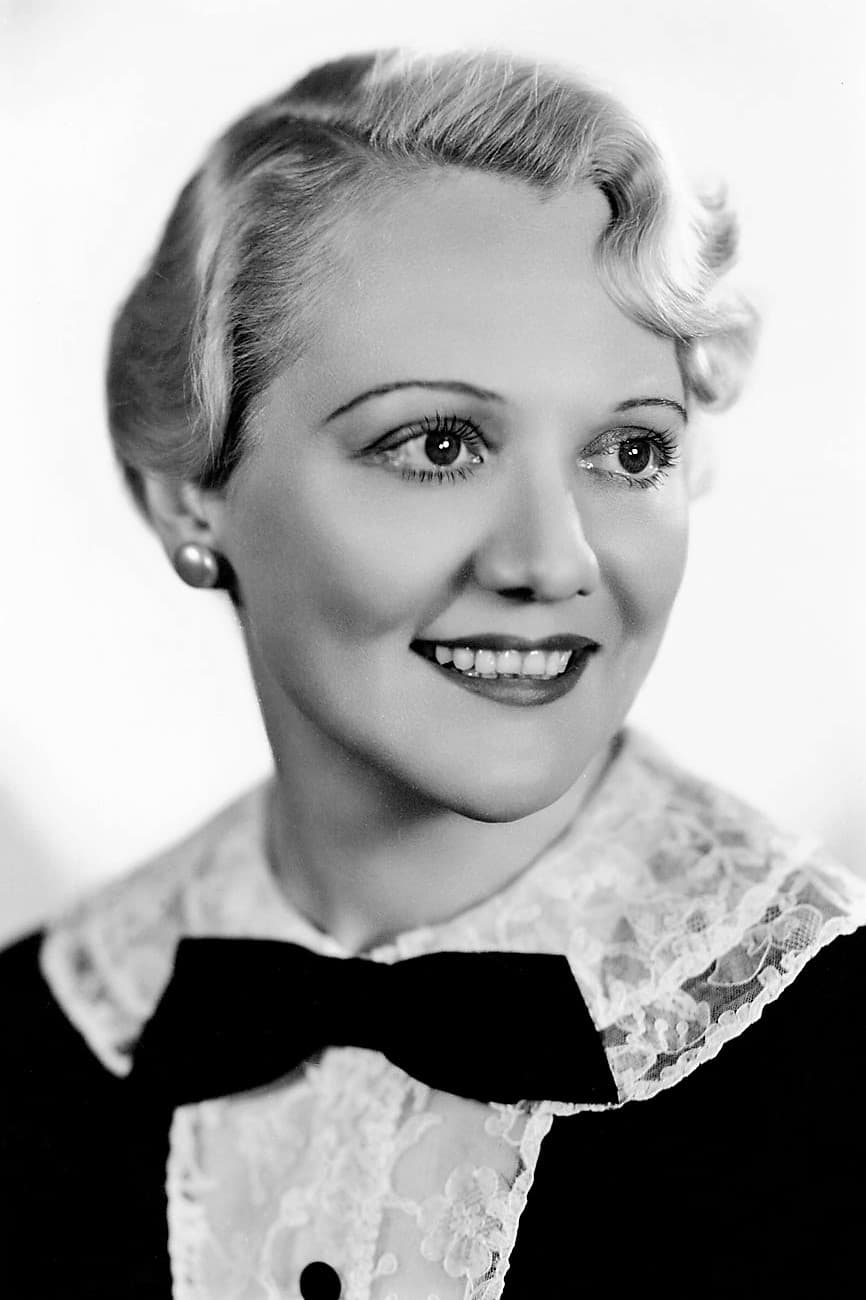
Minna Gombell
Mrs. Parrish
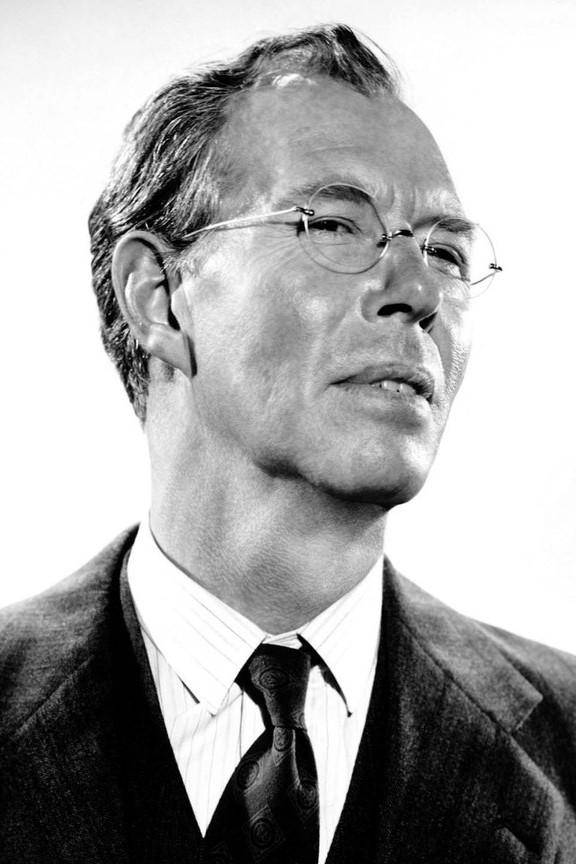
Walter Baldwin
Mr. Parrish
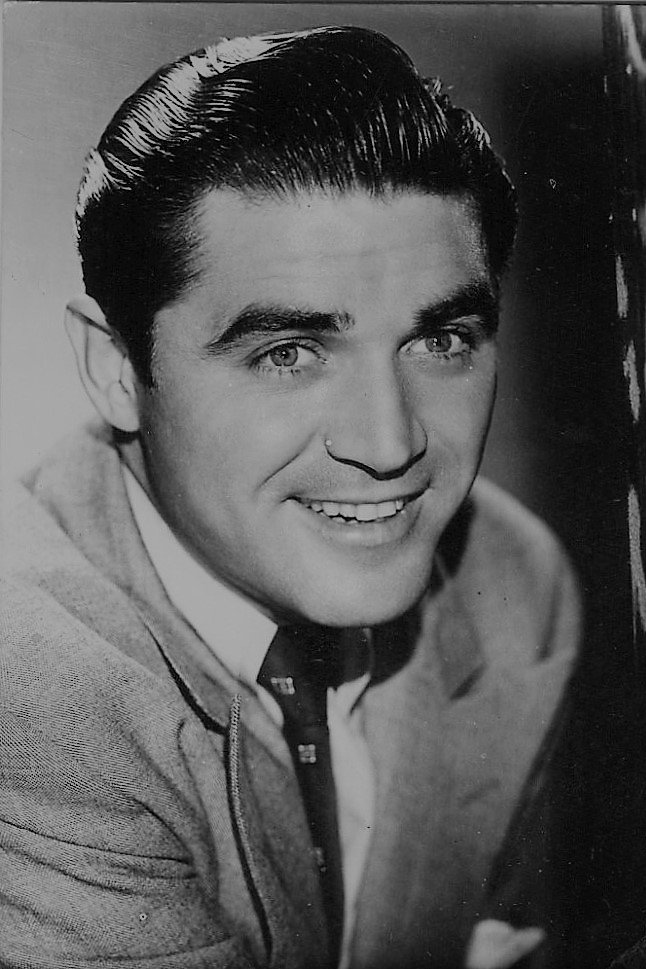
Steve Cochran
Cliff Scully
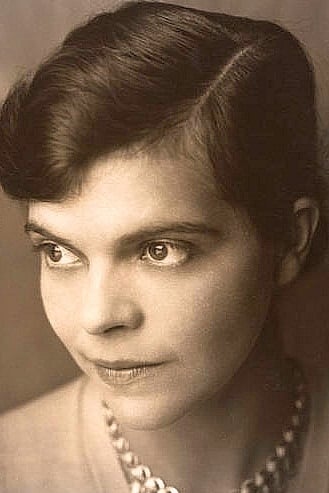
Dorothy Adams
Mrs. Cameron
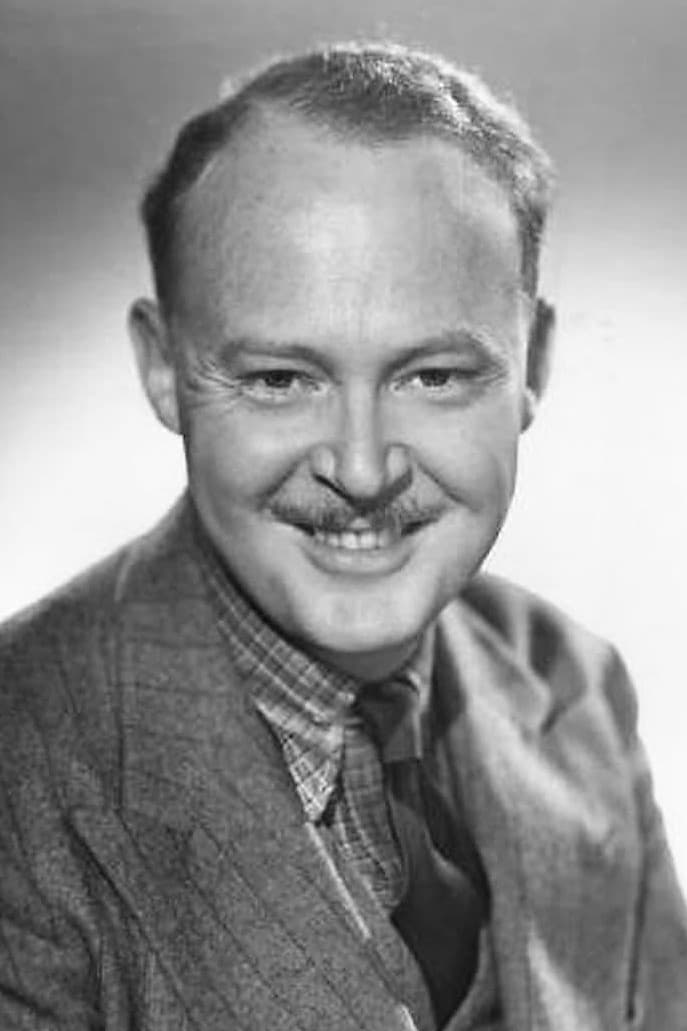
Don Beddoe
Mr. Cameron

Marlene Aames
Luella Parrish
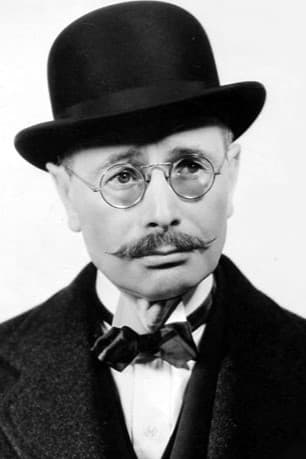
Charles Halton
Prew
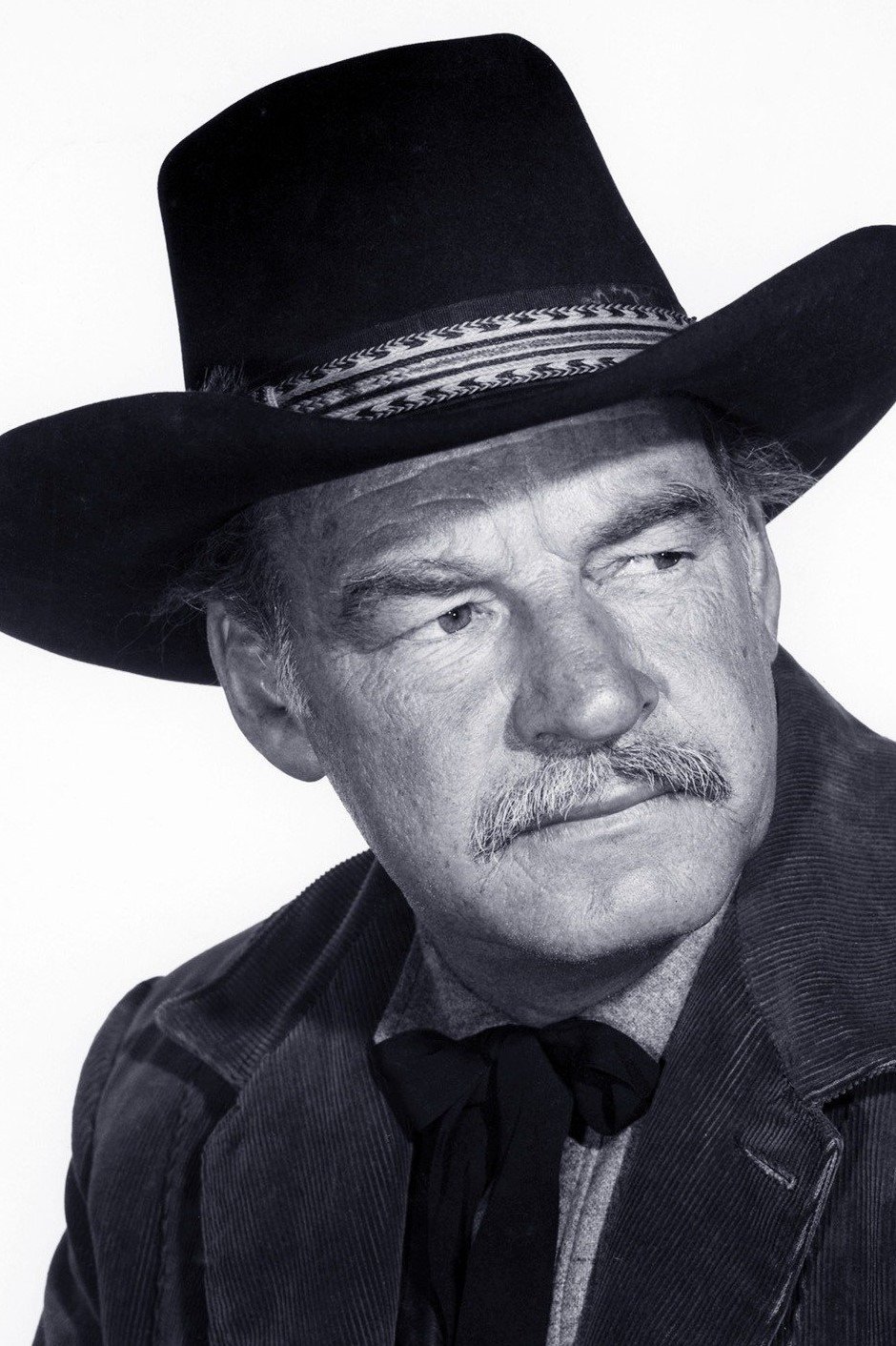
Ray Teal
Mr. Mollett
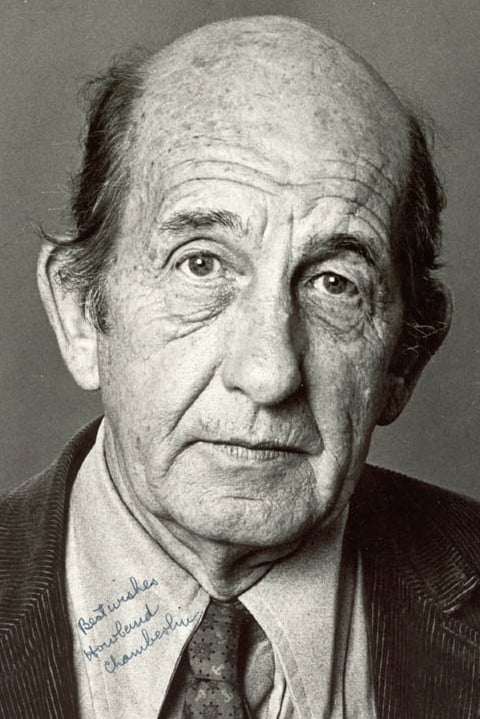
Howland Chamberlain
Thorpe
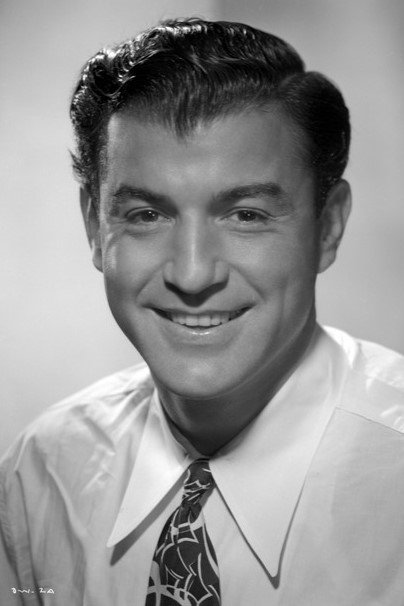
Dean White
Novak
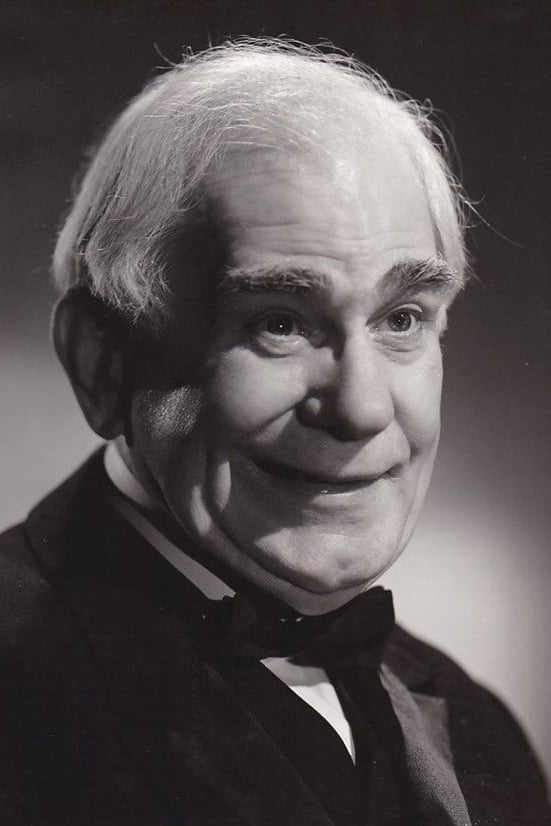
Erskine Sanford
Bullard

Michael Hall
Rob Stephenson
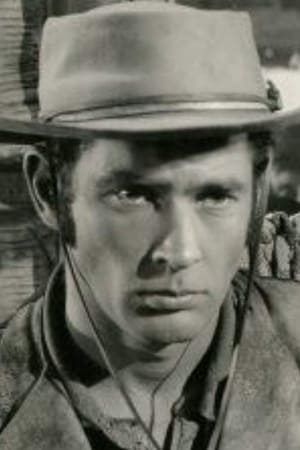
Victor Cutler
Woody Merrill
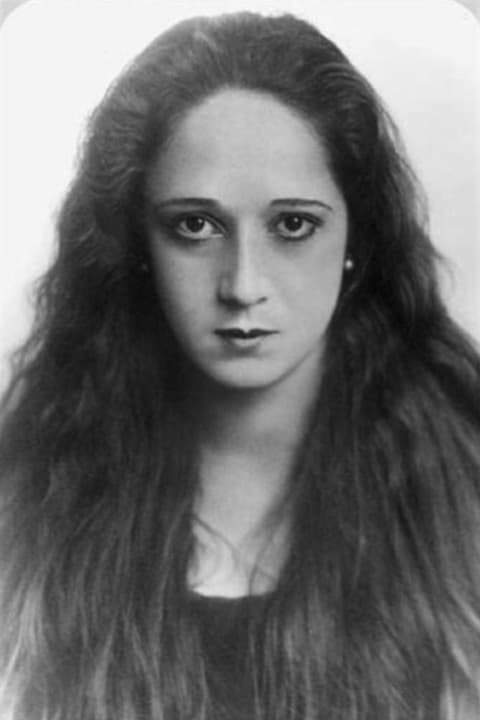
Claire Du Brey
Mrs. Talburt - Perfume Customer (uncredited)
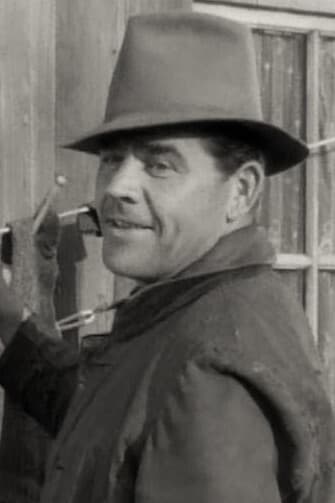
Pat Flaherty
Salvage Foreman (uncredited)

Jackie Jackson
A Boy (uncredited)
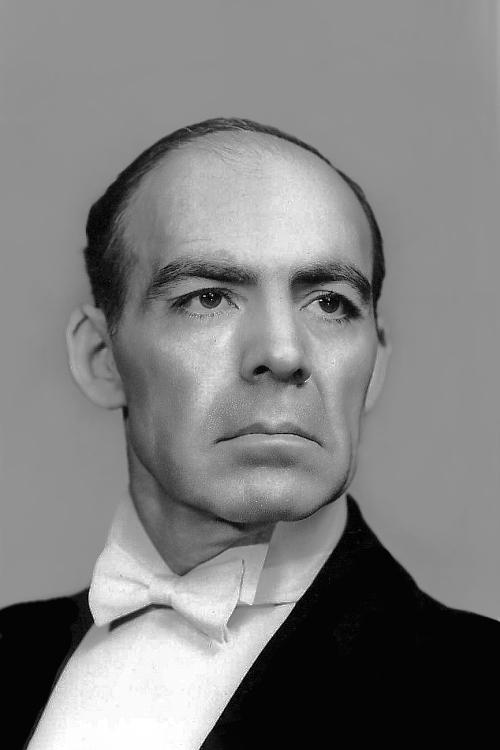
William H. O'Brien
Nightclub Waiter (uncredited)
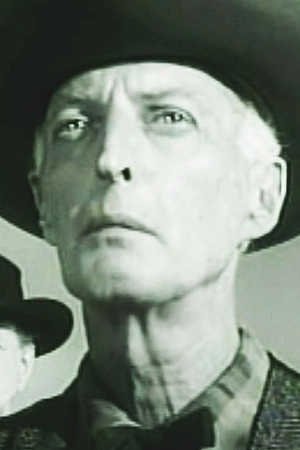
Bert Stevens
Man at Airport / Dinner Guest (uncredited)

Marion Gray
Department Store Customer (uncredited)

Jimmy Ames
Jackie (uncredited)
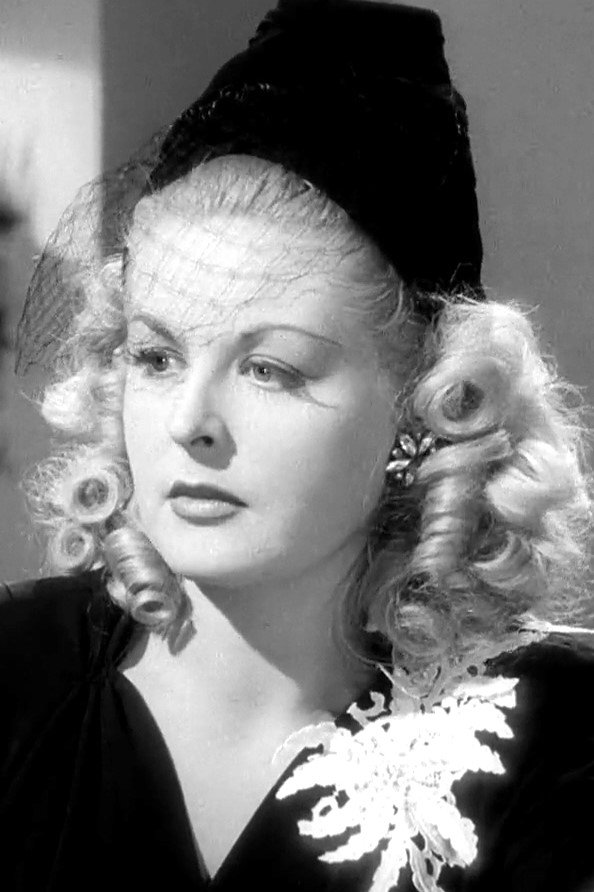
Carol Andrews
Saleswoman (uncredited)
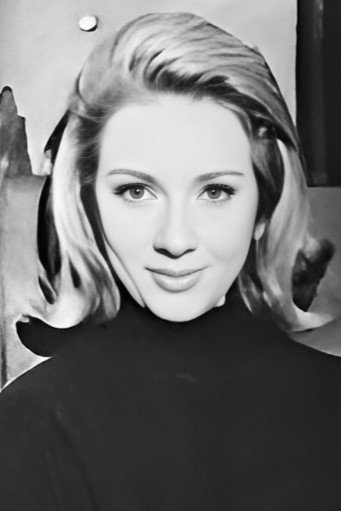
Mary Arden
Miss Barbour (uncredited)
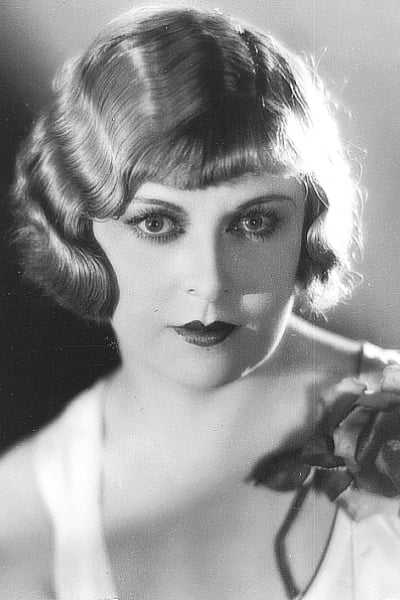
Gertrude Astor
Wedding Guest (uncredited)

Edward Biby
Bank Dinner Guest (uncredited)
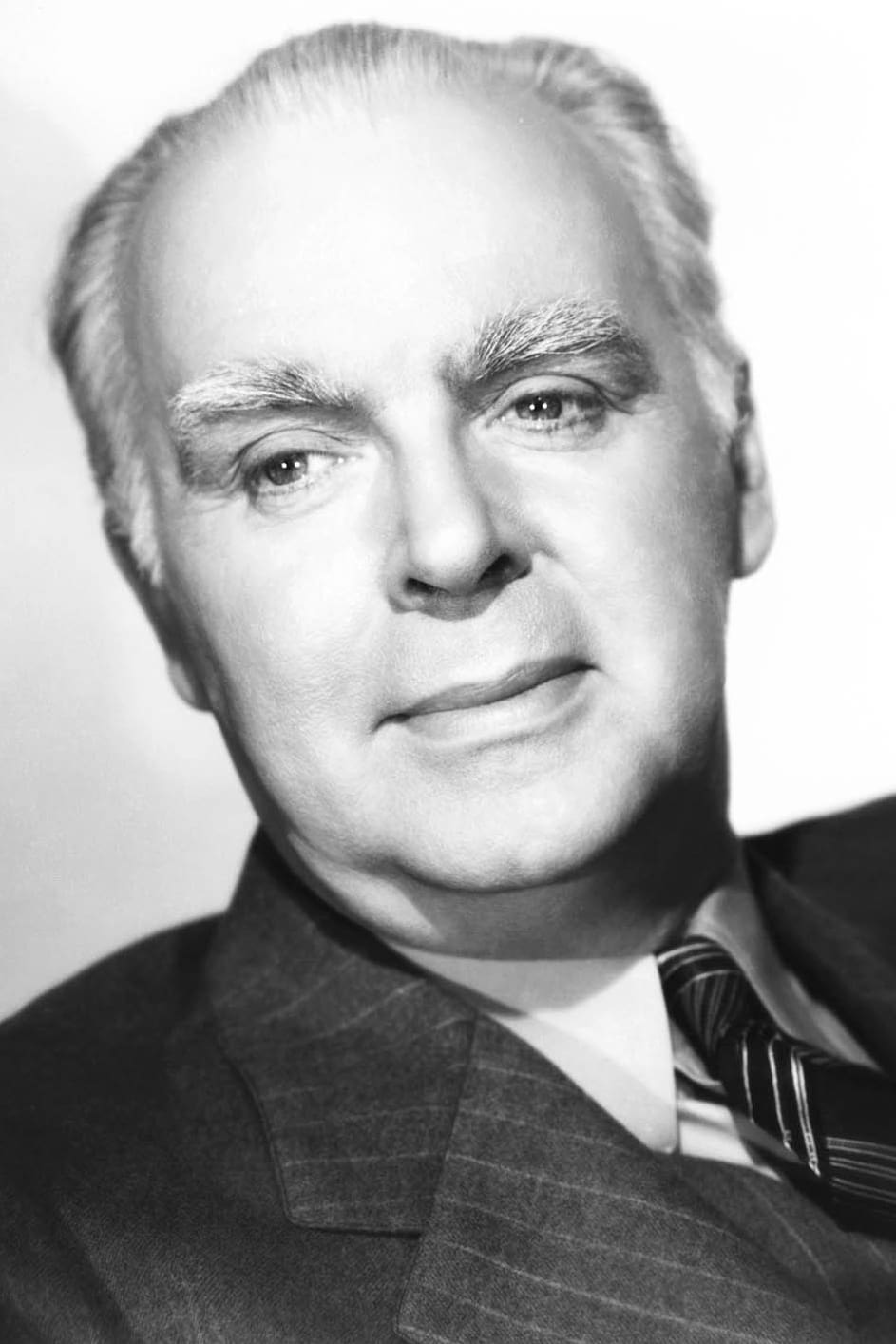
Harry Cheshire
Minister at Wedding (uncredited)

Sidney Clute
Drugstore Clerk (uncredited)

Tom Coleman
Waiter (uncredited)
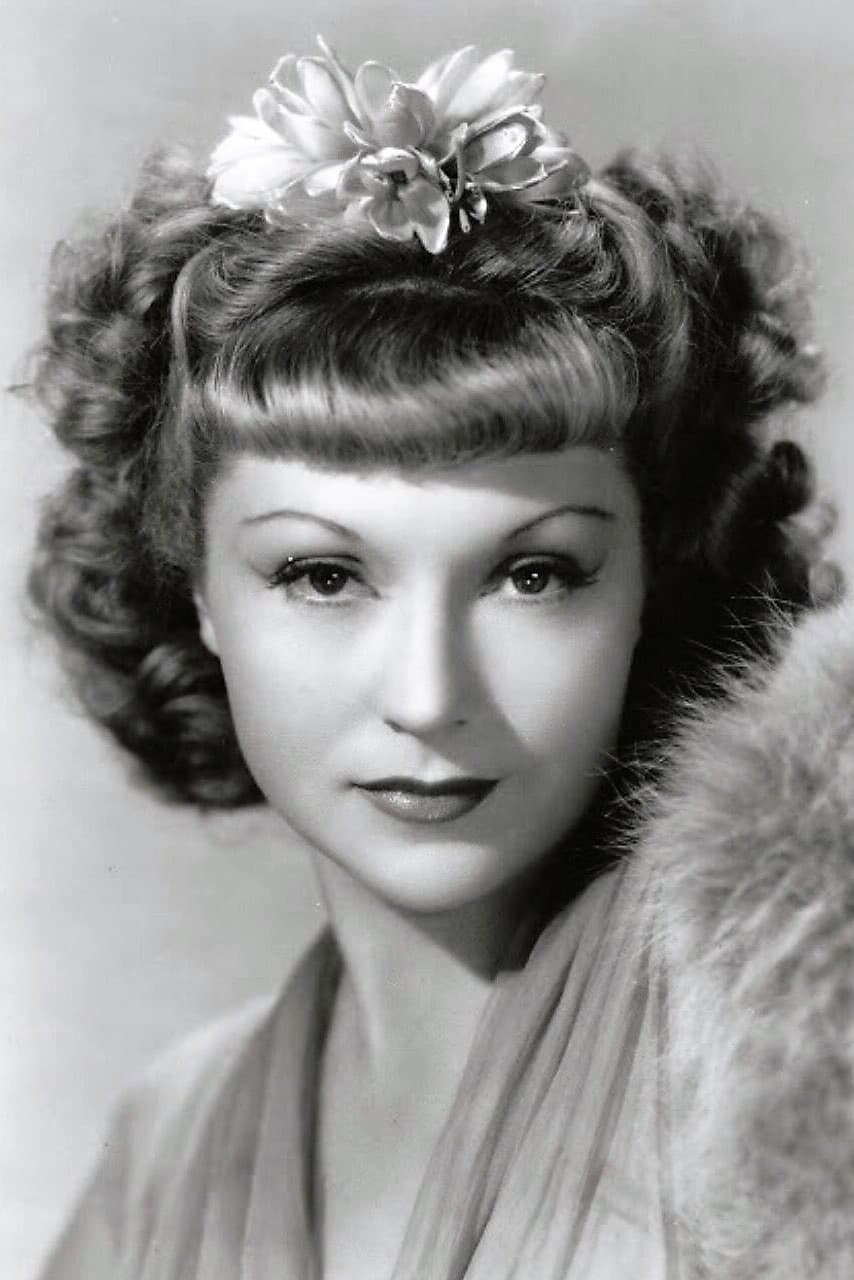
Joyce Compton
Hat Check Girl (uncredited)

James Conaty
Dinner Guest (uncredited)
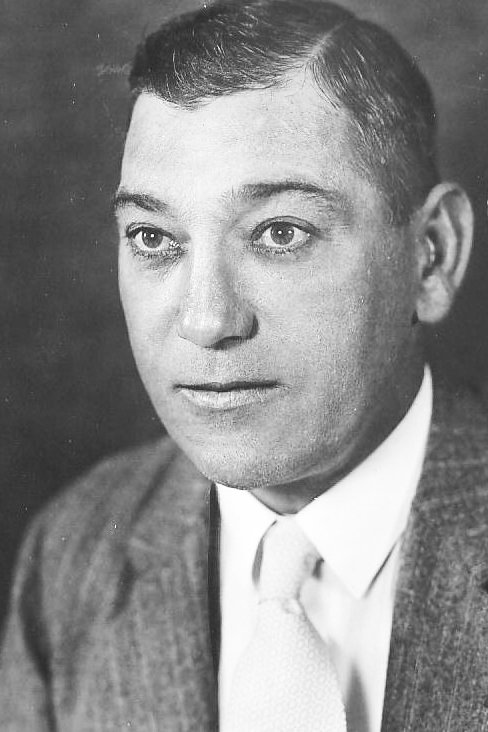
Heinie Conklin
Customer (uncredited)

Bert Conway
ATC Sergeant (uncredited)
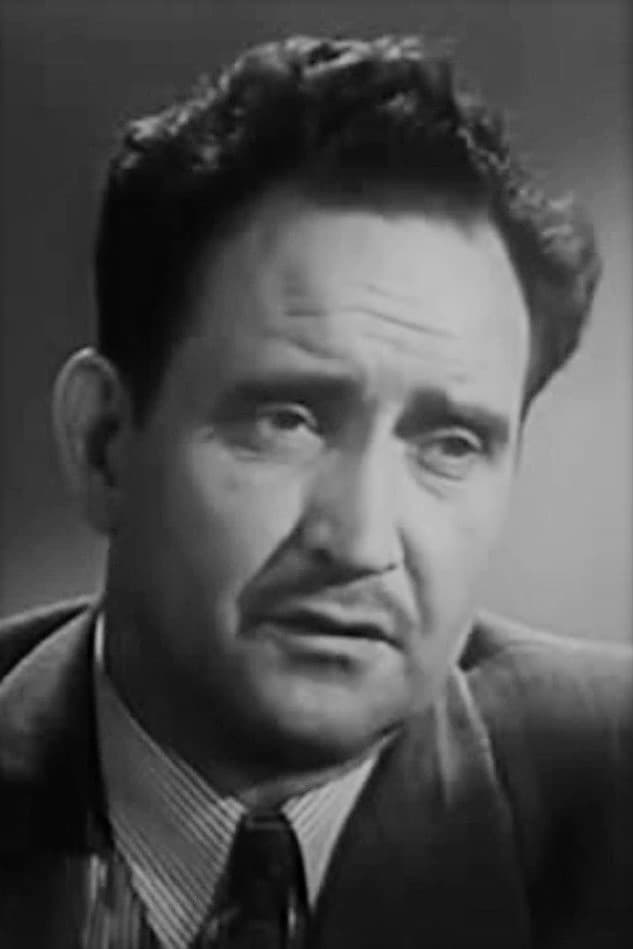
Clancy Cooper
Taxi Driver (uncredited)
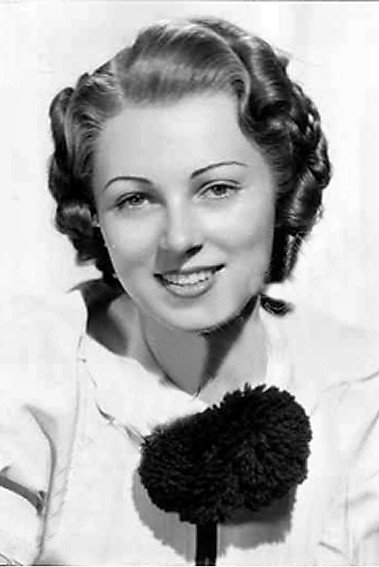
Mady Correll
Announcer (uncredited)

Roy Darmour
Parking Lot Attendant (uncredited)
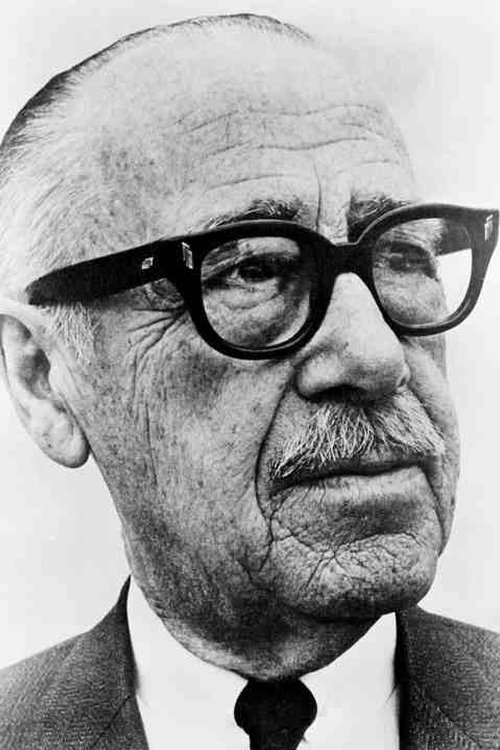
Hal K. Dawson
Man at Airport (uncredited)
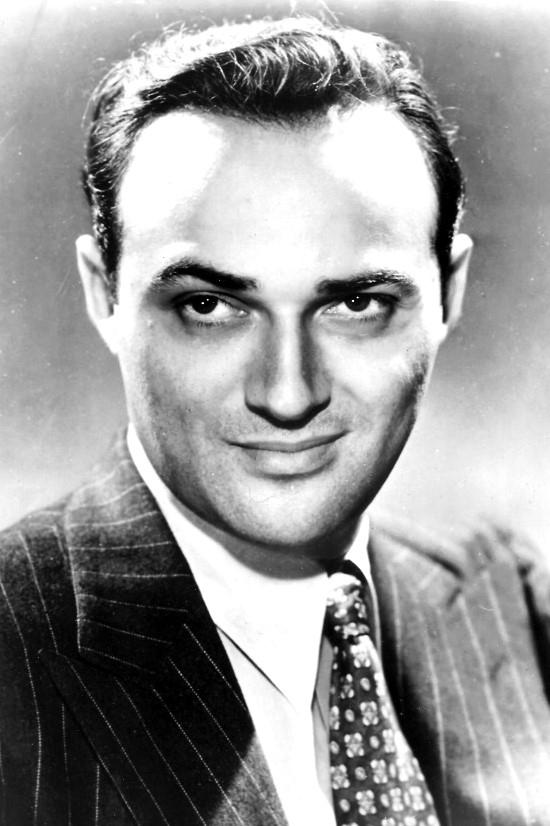
Lawrence Dobkin
Bank Customer with Hat (uncredited)
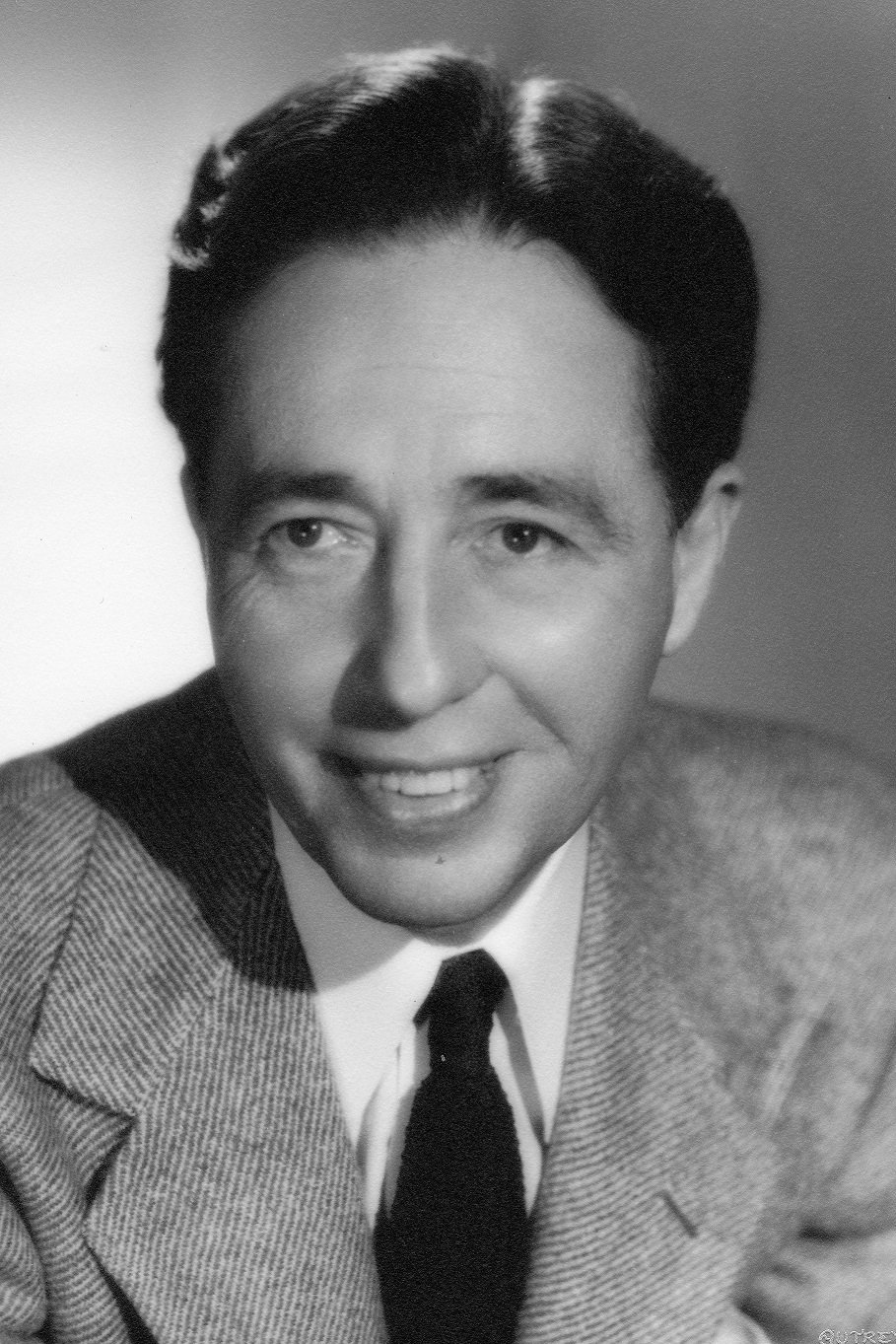
Lester Dorr
Bar Patron (uncredited)
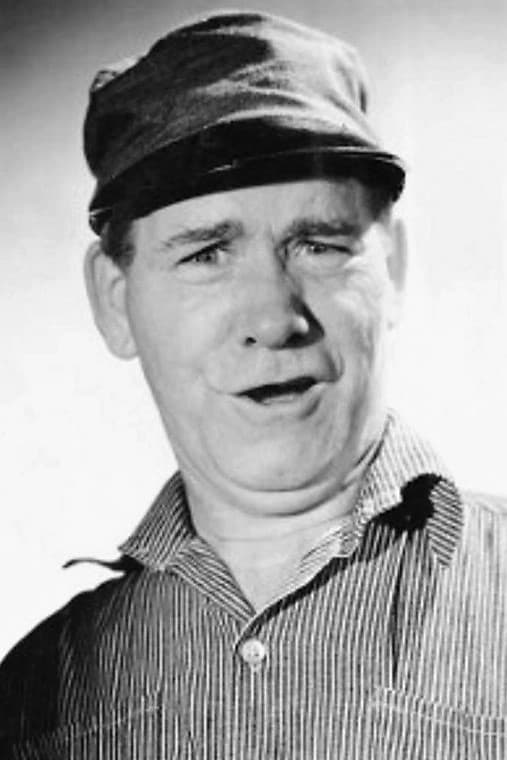
Tom Dugan
Doorman (uncredited)

Dick Earle
Bank Dinner Guest (uncredited)
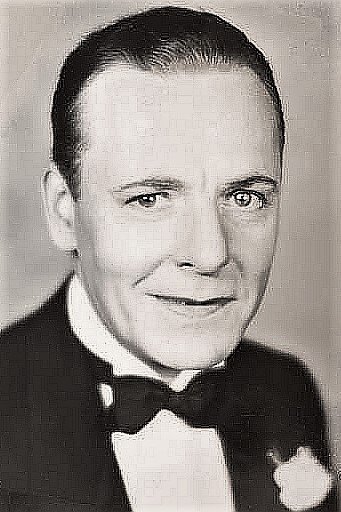
Edward Earle
Steese - Bank (uncredited)

Blake Edwards
Corporal at ATC Counter (uncredited)

Billy Engle
Customer (uncredited)

Ben Erway
Lou Latham - Bank (uncredited)

Doris June Fesetta
Camera Girl (uncredited)
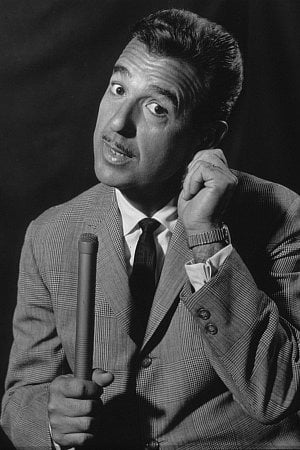
Tennessee Ernie Ford
Nightclub/Hillbilly Singer (uncredited)

Louise Franklin
Ladies' Room Attendant (uncredited)

Harry Gillette
Card Player at Lucia's (uncredited)

Dick Gordon
Maitre d'Hotel (uncredited)

Herschel Graham
Bank Dinner Guest (uncredited)
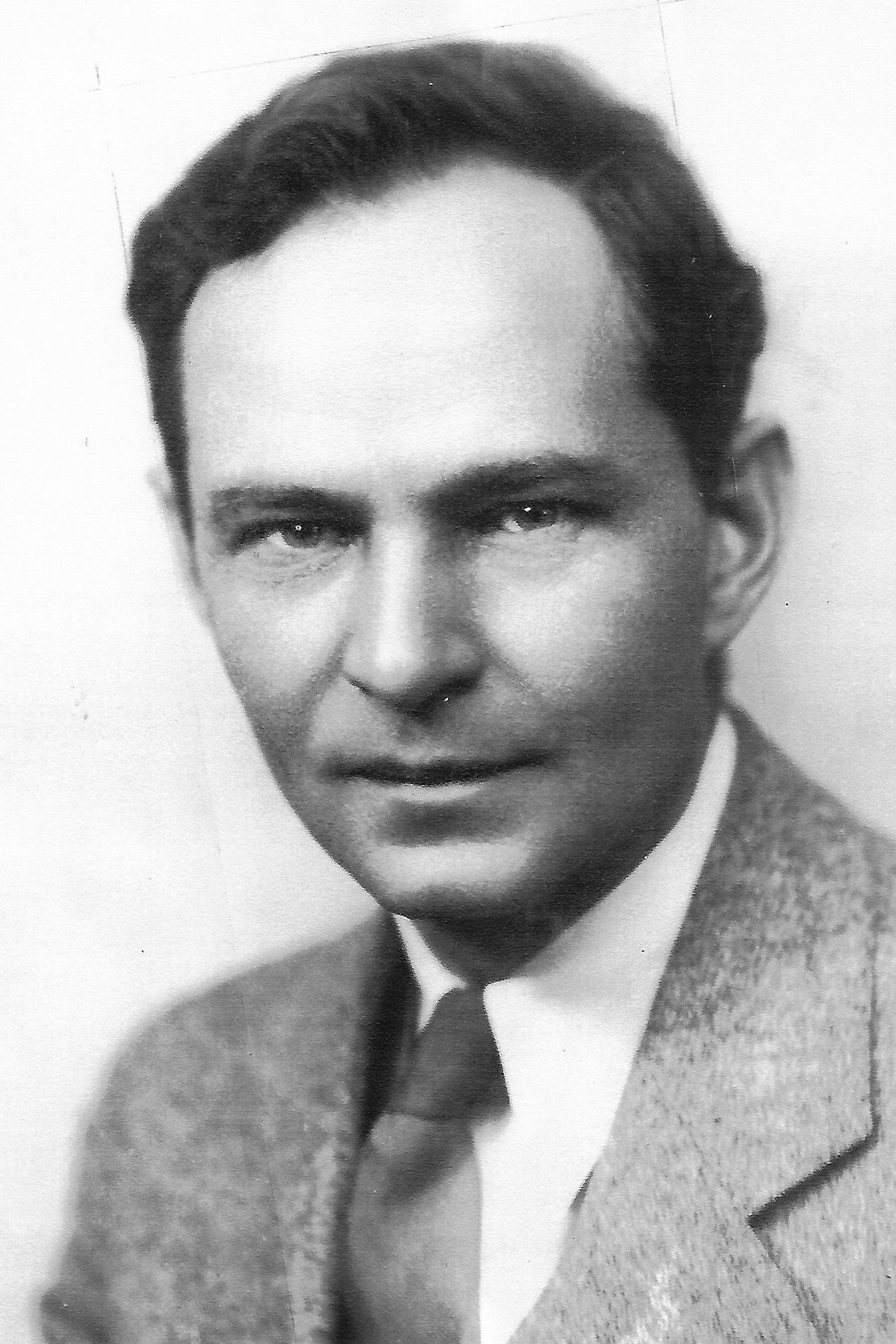
Earle Hodgins
Diner Attendant at Lucia's (uncredited)
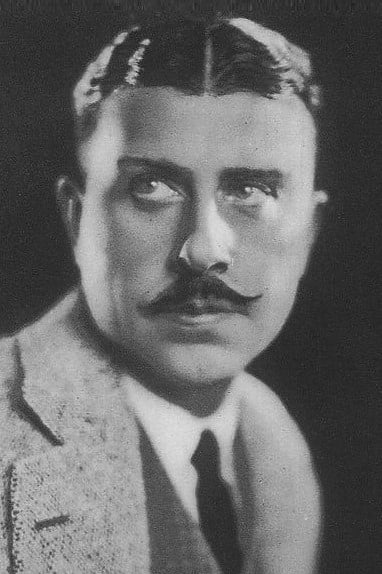
Stuart Holmes
Wedding Guest (uncredited)
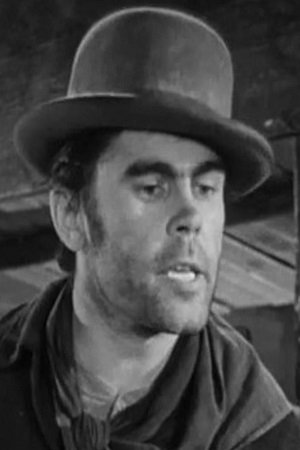
Ray Hyke
Gus - Salvage Worker (uncredited)
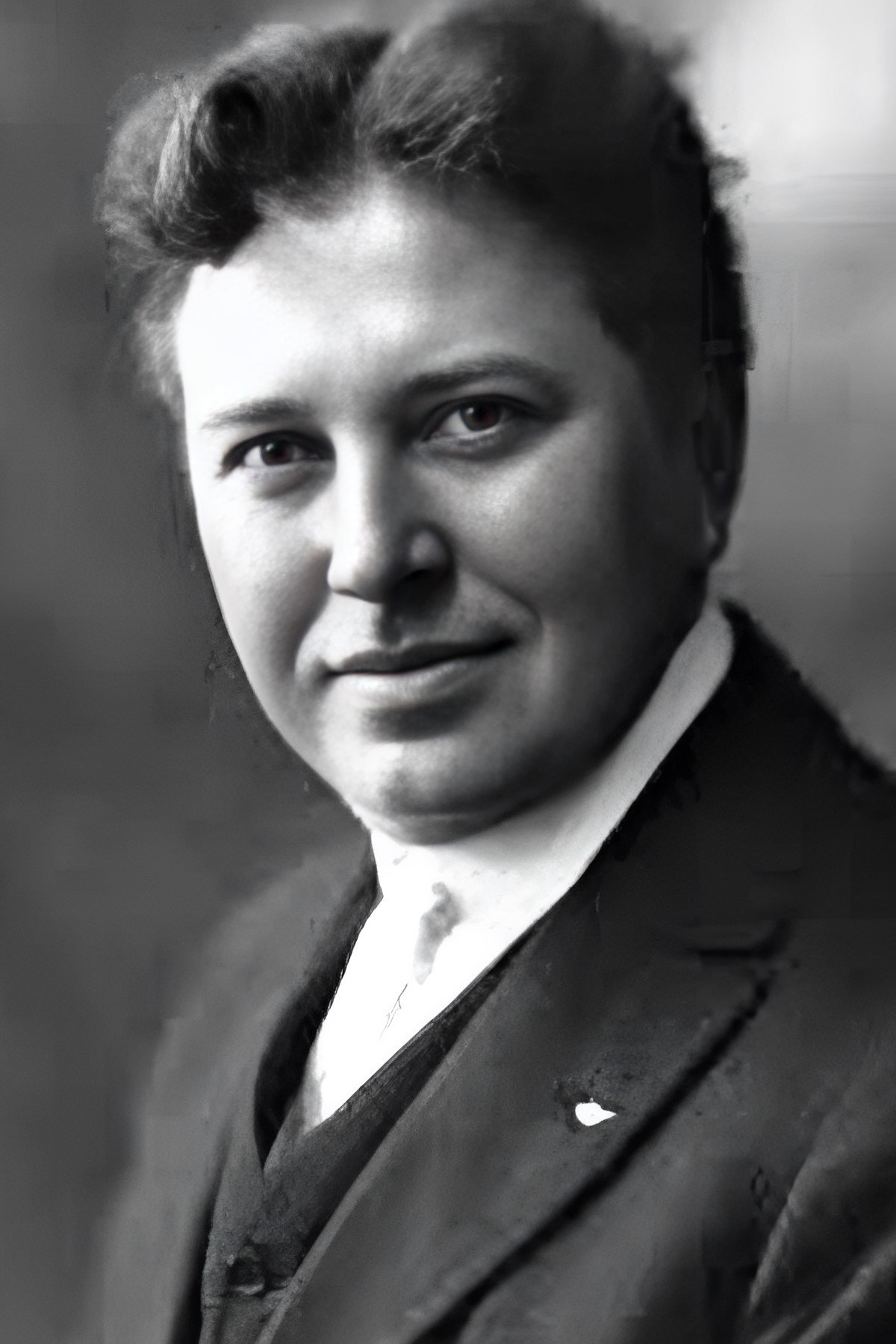
John Ince
Ryan - Bank Guard (uncredited)
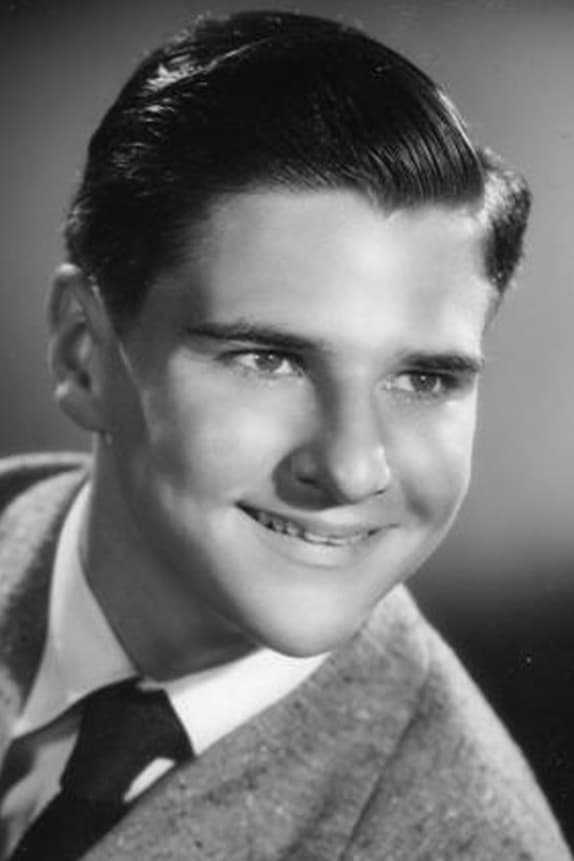
Teddy Infuhr
Dexter - Brat in Drugstore (uncredited)

Georgia Kane
Singer (uncredited)
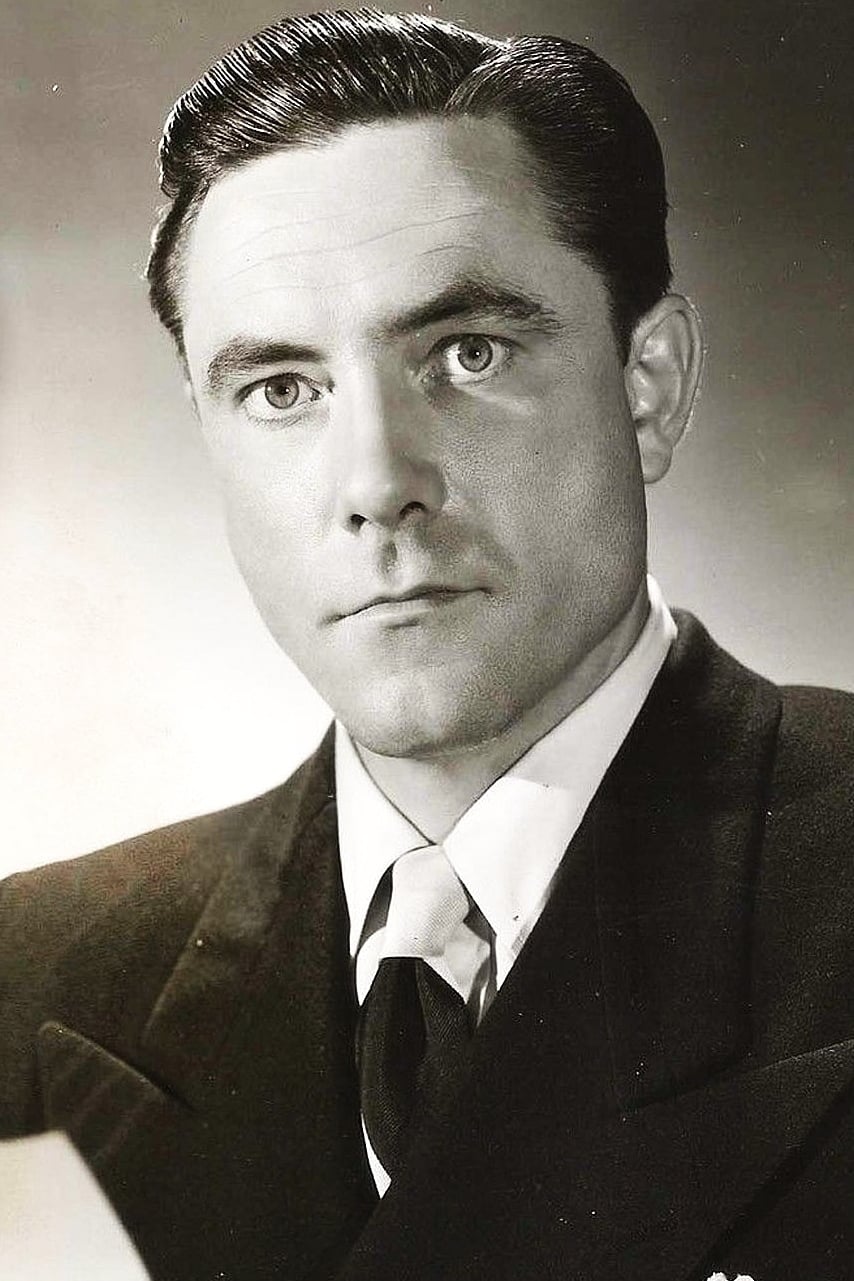
Robert Karnes
Technical Sergeant (uncredited)
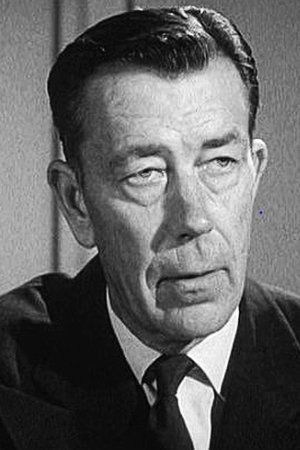
Kenner G. Kemp
Dinner Guest (uncredited)
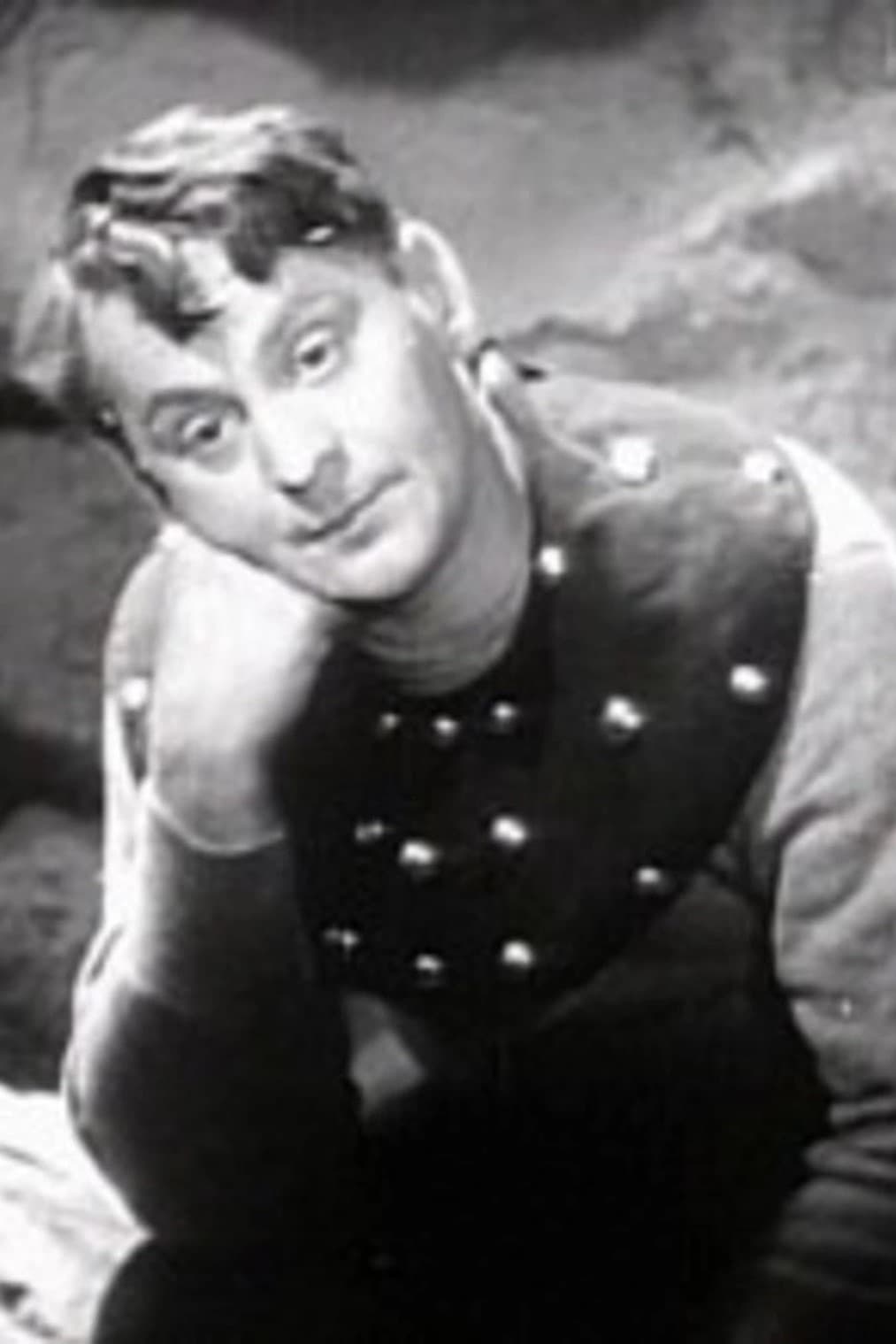
Donald Kerr
Steve the Bartender (uncredited)
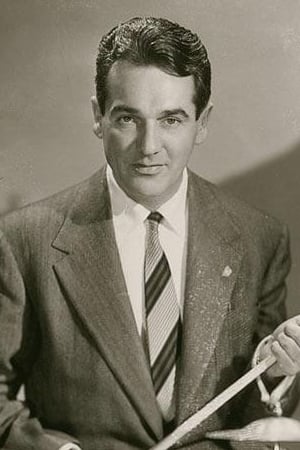
Gene Krupa
Musician - Drum Solo (archive footage) (uncredited)
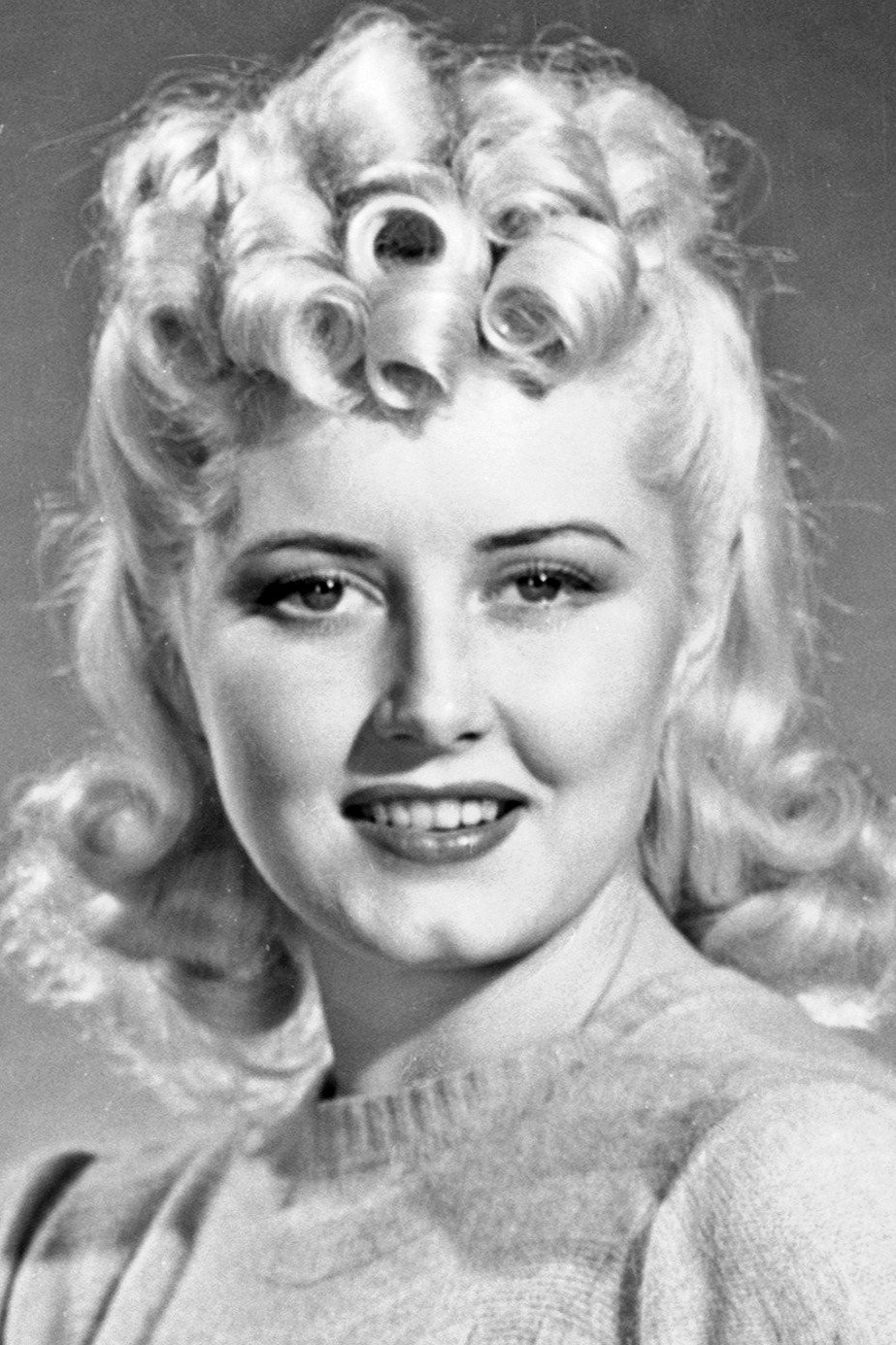
Ethelreda Leopold
Nightclub Patron (uncredited)

Alyn Lockwood
Counter Girl (uncredited)
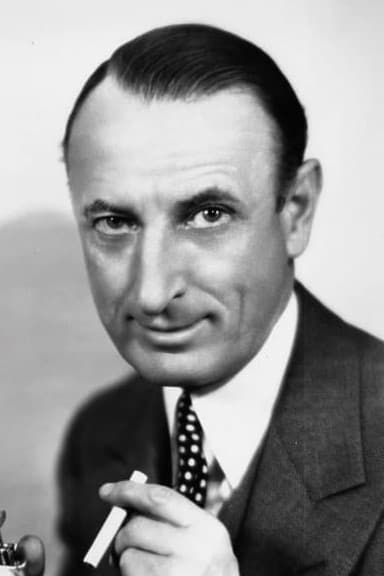
Wilbur Mack
Man at Airport (uncredited)

Susan Mann
Announcer (uncredited)

Thomas Martin
Waiter (uncredited)

Michael Mauree
Glamour Girl (uncredited)

Doreen McCann
A Girl (uncredited)
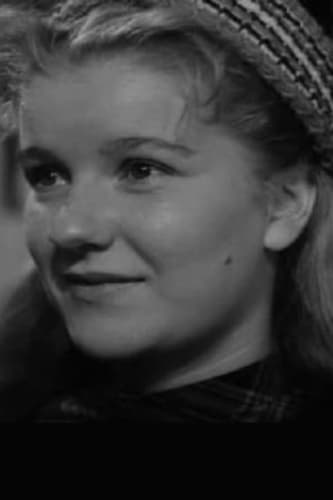
Peggy McIntyre
Girl at Soda Fountain - Mollett Scene (uncredited)

Russell Meeker
Wedding Guest (uncredited)

Chef Milani
Giuseppe - Lucia's Restaurant Proprietor (uncredited)
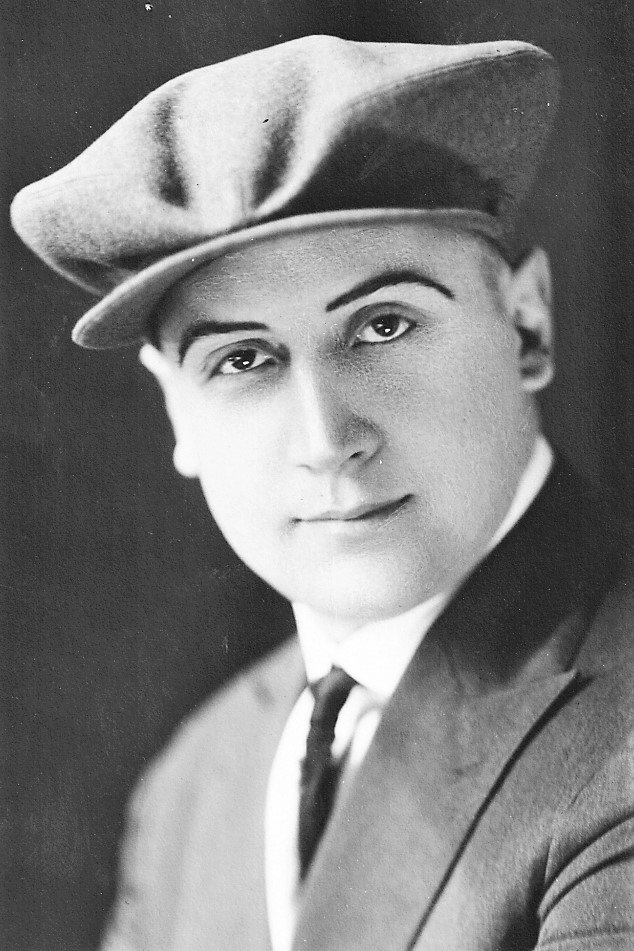
Harold Miller
Wealthy Man at Nightclub (uncredited)

Ernesto Molinari
Card Player (uncredited)

William Newell
Waiter at Bank Dinner (uncredited)

Georgie Nokes
One of Homer's 'Kids' (uncredited)

Joe Palma
Card Player (uncredited)

Leo Penn
ATC Corporal (uncredited)

Caleb Peterson
Black Soldier at Airfield (uncredited)

Norman Phillips Jr.
Clarence 'Sticky' Merkle (uncredited)
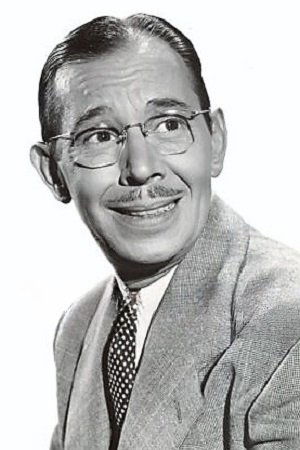
Jack Rice
Apartment Desk Clerk (uncredited)
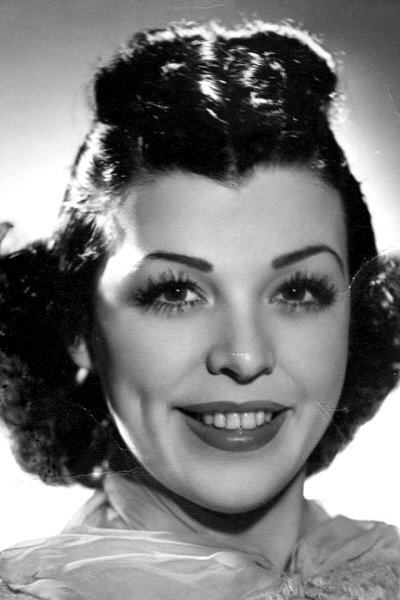
Suzanne Ridgway
Girl at Table with Cliff (uncredited)

Mickey Roth
Boy at Soda Fountain - Mollett Scene (uncredited)
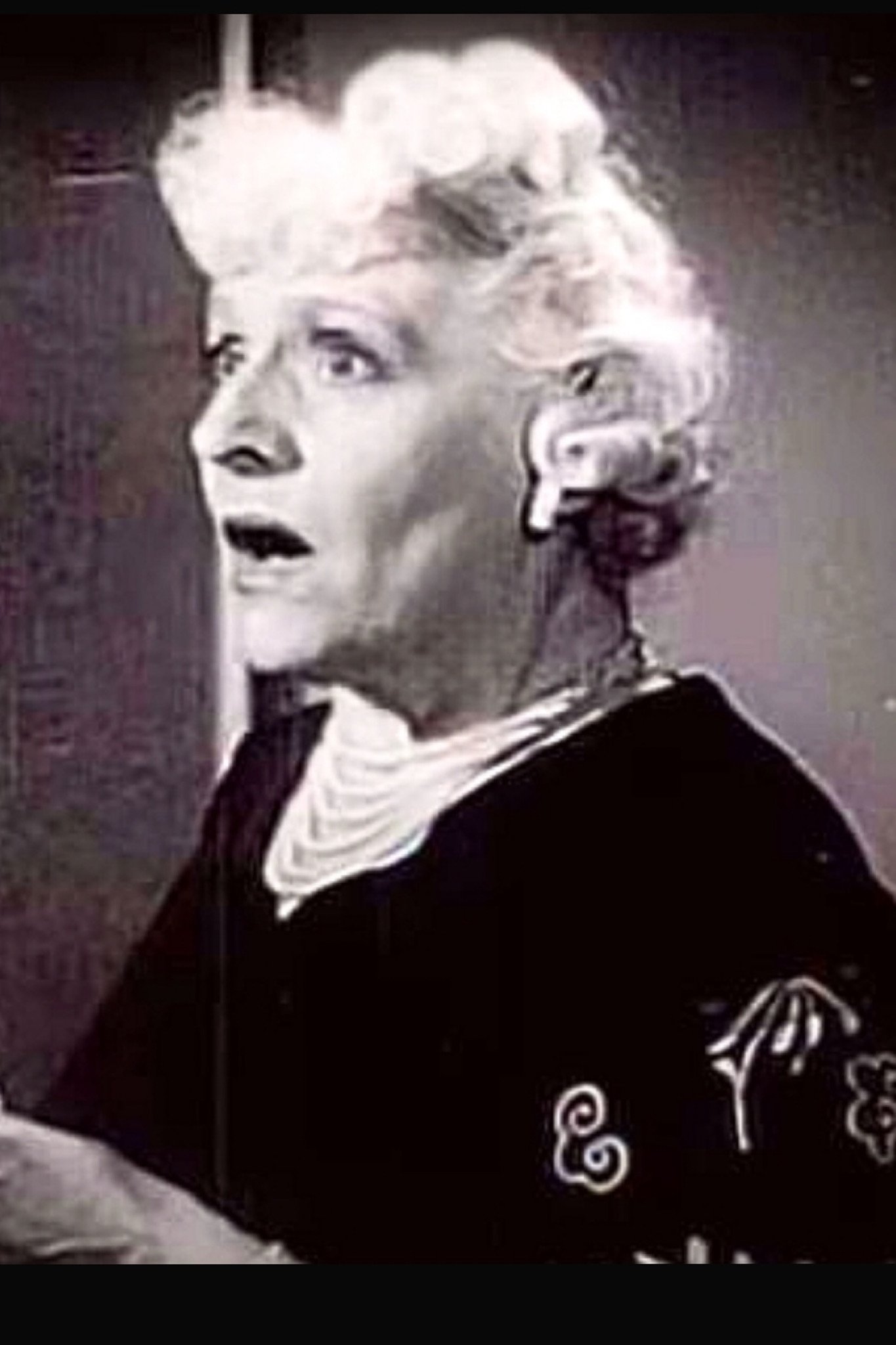
Loretta Russell
Bank Dinner Guest (uncredited)

Ruth Sanderson
Mrs. Garrett (uncredited)
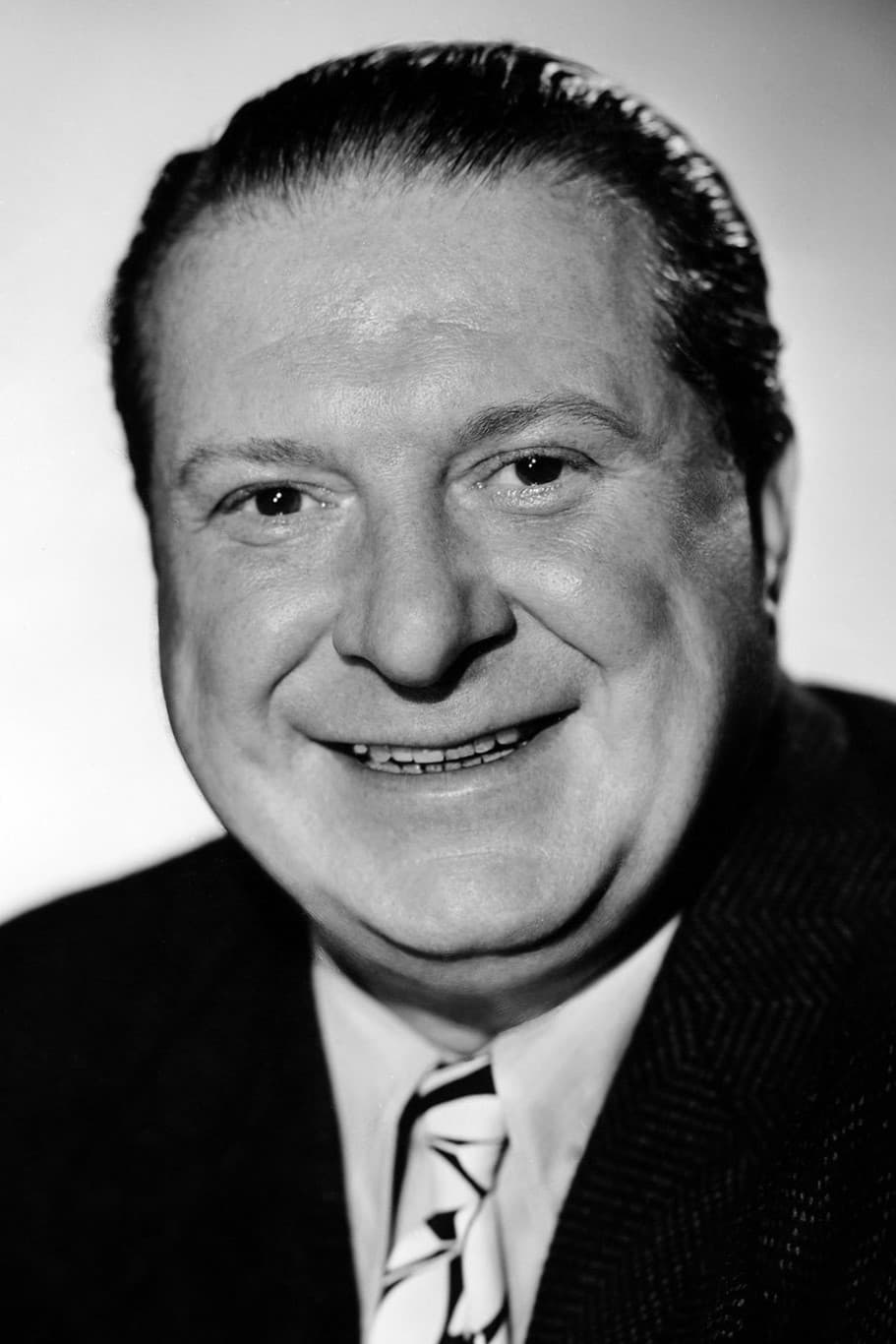
Ralph Sanford
George H. Gibbons (uncredited)

Noreen Sayles
Girl (uncredited)

Stephen Soldi
Card Player (uncredited)
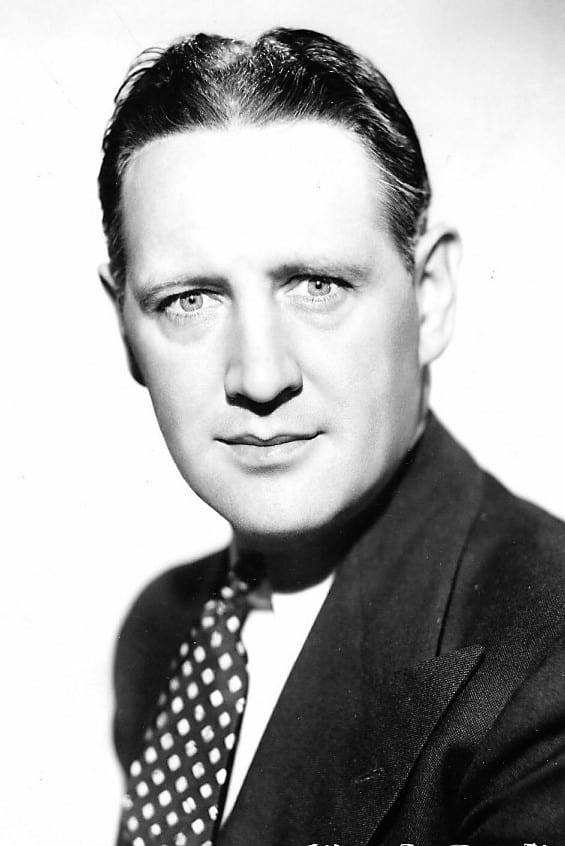
John Tyrrell
Angus - Butch's Waiter (uncredited)
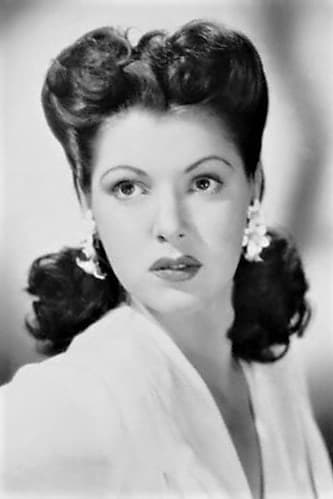
Amelita Ward
Counter Girl (uncredited)
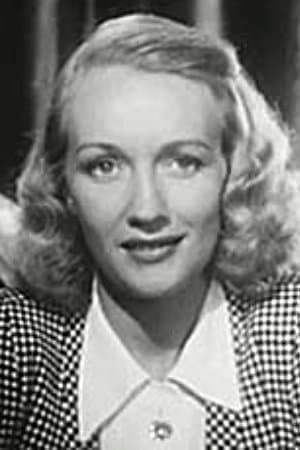
Jan Wiley
Perfume Saleswoman (uncredited)

Marek Windheim
Waiter at Lucia's Restaurant (uncredited)

Catherine Wyler
Department Store Customer (uncredited)

Judy Wyler
Department Store Customer (uncredited)
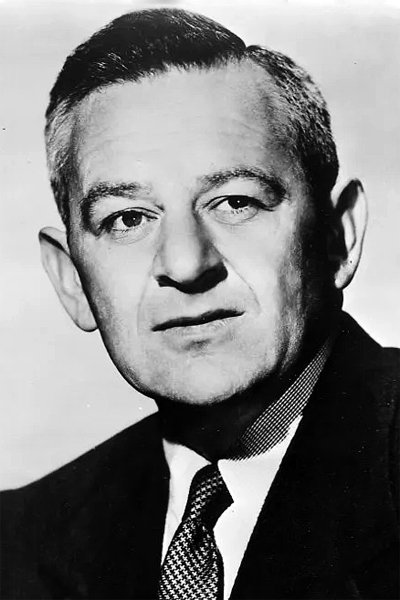
William Wyler
Drug Store customer (uncredited)
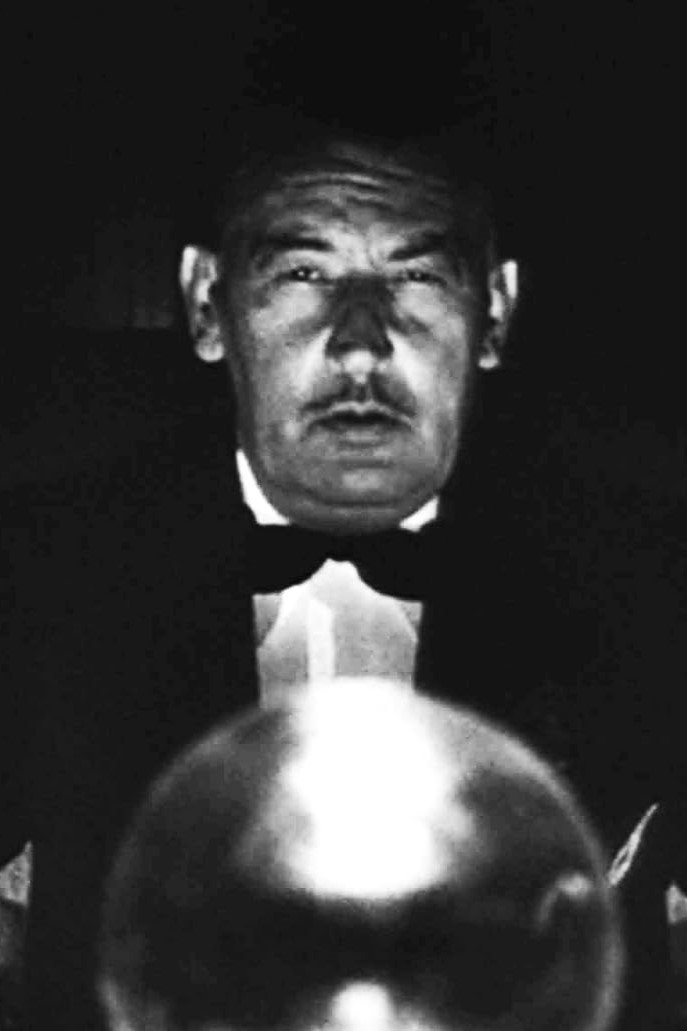
Dick Gordon
Maitre d'Hotel (uncredited)
Movie Reviews
A review by tanty
Written by tanty on 2015-04-16
Another great Willy Wyler movie. The story, with time, is quite expectable but the characters are well defined and developed by the cast. Also, it is a good (and probably, too positive) review of the after WWII war lives of the US veterans. A must to be seen.

A review by Geronimo1967
Written by Geronimo1967 on 2022-07-07
This is really quite a touching story, recounting the experiences of three American veterans of WWII who return home and have to adapt to their new, not always welcoming, circumstances. Frederic March is "Al" who returns to a senior position in a bank - responsible for helping other returning soldiers with loans to start to get their lives back together; "Fred" (Dana Andrews) returns to a far less optimistic outlook, ending up working for peanuts selling perfume in a drug store, and finally the outwardly cheery "Homer" - who lost both his hands and who cannot decide whether his long term fiancée actually loves him anymore, or just feels pity. William Wyler and Robert Sherwood manage to interweave the inter-connected tales poignantly, illustrating the frustrations, bordering on despair, not only of the three men - in completely different ways; but also of their respective partners who must also adjust to their return, and to their new circumstances once the war is has been won. There are some strong performances from their ladies too - Myrna Loy and Teresa Wright, less so the always rather wooden Virginia Mayo and by the end you do have some, slight, semblance of an idea of just how tough it was for these men to lose the security and discipline of their army lives and to cope with a life that has, in many cases, just moved on without them.



